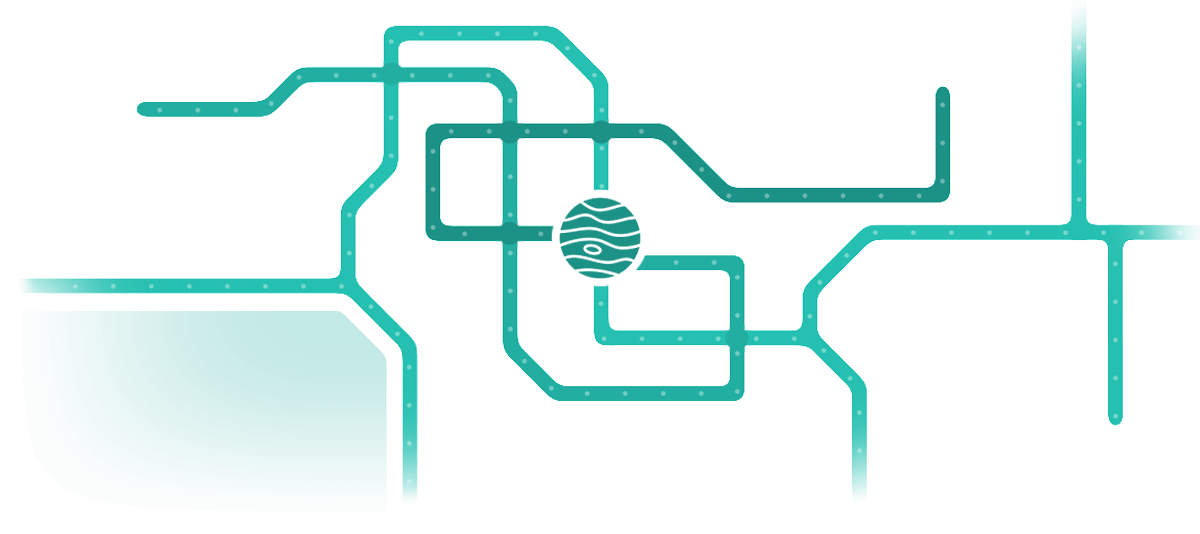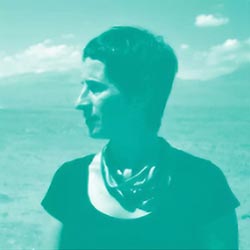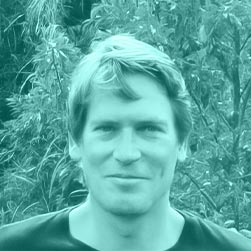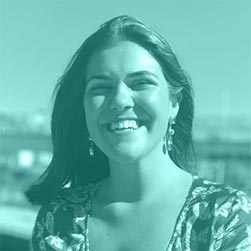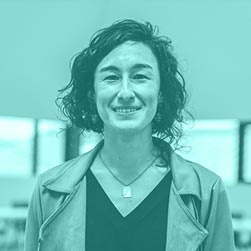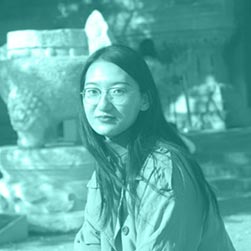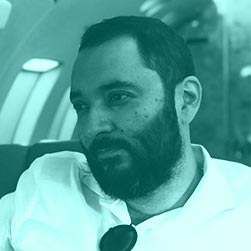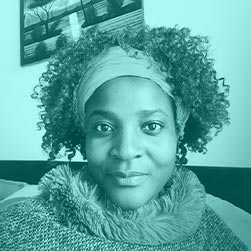Worlds of Lithium is an anthropological study of the replacement of fossil fuel transport with a new fleet of electric vehicles powered by lithium-ion batteries.



Upcoming Invited Lectures — Cristóbal Bonelli
16–18 November 2025, University of Bern, Switzerland
Workshop "Speculating with Lithium: How the Futures of Critical Minerals Are Shaping the Present".
In collaboration with chemist Martina Gamba, Cristóbal Bonelli explores lithium’s deep-time materiality through interdisciplinary experimentation, seeking new aesthetic figures to think and feel contemporary anxieties about planetary transformation otherwise.
16 December 2025, University of Bayreuth, Germany
"Too Much to Digest: Energetic Gluttony at the Atacama Desert"
Part of the Anthropology Lecture Series (WiSe 2025–26) .
This talk examines the overlapping excesses of fossil and renewable infrastructures in Chile’s Atacama Desert through the notion of energetic gluttony. By tracing how desires for clean energy reproduce forms of overconsumption and displacement, Bonelli reflects on the moral, material, and affective economies that shape contemporary planetary transformations — and on the experimental figures that may allow us to sense and think them differently.
26 January 2026, UCL, United Kingdom
"Troubled Dreams and Gardens at the Edge of the Sky", to be presented at the Material, Visual, and Digital Culture Spring Seminar Series, Department of Anthropology.
This talk proposes a situated entropology to rethink “the local” in times of energy transition, environmental collapse, and planetary disintegration. Rather than a spatial unit, the local appears as an emergent condition where toxicity, extractivism, and forms of life that persist intertwine. Drawing on ethnographic work in northern Chile, I question the white dream of mining as climate salvation and develop the notion of an entropological pact: a practice of attention that seeks neither redemption nor full translation, but ways of staying with what endures—through partial connections, decay, and the fragile possibility of thought amid entropy.
...October 8, 2025
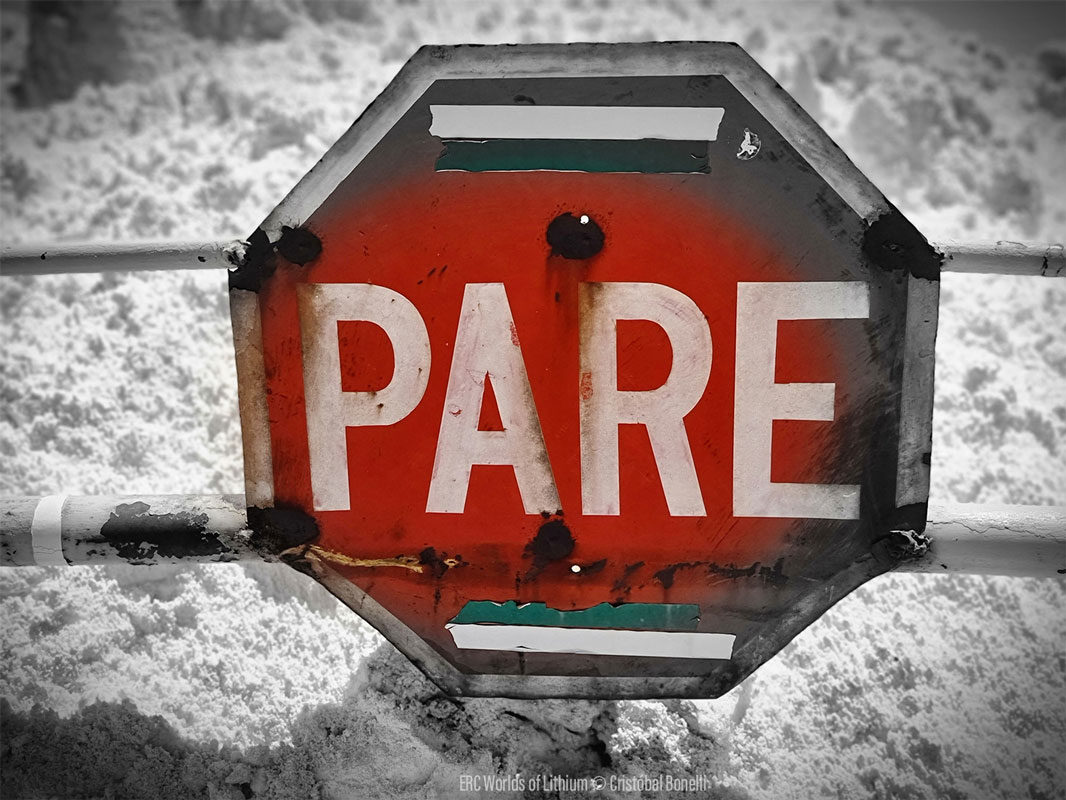
Upcoming event: Cristóbal Bonelli will present results from the Worlds of Lithium project at the joint European Research Council (ERC) and European Parliament’s Panel for the Future of Science and Technology (STOA) event, “From Science to Policy: Shaping a Sustainable and Competitive Europe.”
The event will take place on 12 November 2025 at the Info Hub of the European Parliament in Brussels and will gather leading ERC researchers, policymakers and European Commission representatives to discuss pathways toward fair, clean, and inclusive transitions.
Cristóbal Bonelli, ERC grantee and Principal Investigator of Worlds of Lithium, will participate in the session “Clean and Sustainable Energy” (12.05–13.05 CET), sharing insights from his ethnographic research on lithium extraction and green transitions in Chile, China, and Norway. His contribution will explore how global energy transformations not only reduce emissions but also reshape territories, affect communities, and reconfigure planetary politics.
This participation highlights the international impact of Worlds of Lithium in connecting scientific knowledge, public debate, and policy-making at the European level.
For more information, visit the official ERC event page here .
...October 5, 2025
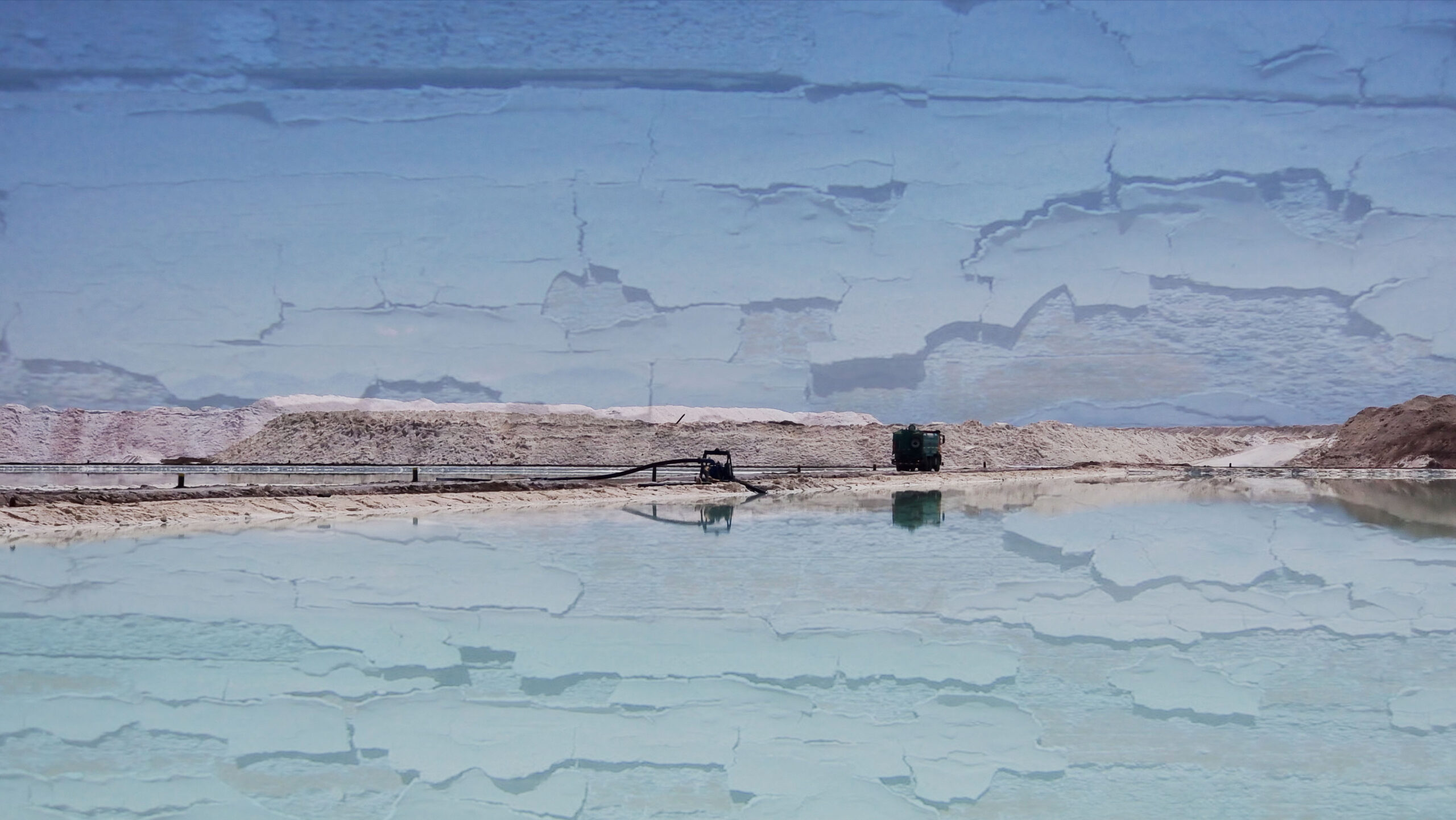
On 15 April 2025, anthropologist Cristóbal Bonelli (University of Amsterdam) and chemist Martina Gamba (CETMIC, Argentina) were invited contributors to the Energy Storage Research Studio, an experimental program organized by Jorrit Smit (Leiden University), Nicolas Magnard (Leiden Institute of Chemistry), and artist Dorine van Meel, director of the Planetary Poetics temporary Master’s program at the Sandberg Instituut, hosted by Framer Framed (Amsterdam).
Supported by the Dutch Research Council (NWO), the Research Studio brought together scientists, artists, and scholars from the humanities to explore the molecular, political, environmental, and aesthetic dimensions of energy storage—a crucial yet often overlooked aspect of post-fossil transitions.
Bonelli and Gamba’s intervention—drawing from their article “Underground Roots for Ancestral Futures: Exploring Lithium Through an Experimental Alliance between Chemistry and Anthropology” (Science, Technology & Human Values, 2024)—proposed a dialogue between chemistry and anthropology on how to think “experimental alliances” beyond conventional laboratories, imagining situated, relational, and ethically attentive modes of experimentation within the material ecologies of lithium.
During their session, participants collectively developed transdisciplinary experimental protocols aimed at integrating ancestral roots, more-than-human relations, and material flows into research on energy storage and conversion.
Held across Amsterdam and Leiden, the Research Studio was part of a series of gatherings designed to open the black box of energy infrastructures—inviting participants to critically and creatively reflect on which worlds, and whose needs, are being served by so-called green solutions.
...August 8, 2025

🗓️ June 12–13, 2025
📍 University Library, University of Amsterdam
What kinds of transformations unfolded as lithium traveled—across continents, deserts, laboratories, financial dreams, and fractured ecologies?
For five years, Worlds of Lithium followed these travels, not to draw a global map of supply chains, but to attend to the places they disturb, animate, and reconfigure.
From the mining territories of northern Chile to the industrial and urban landscapes of China and the experimental infrastructures of Norway, the project explored how strategies to decarbonize transport do not simply take place—they make place, bringing into contact heterogeneous worlds, temporalities, and ways of knowing.
This final conference marked the end of a collective experiment in tracing how energy transitions are lived—not as smooth technical replacements, but as contested and uneven reorganizations of life.
Titled After Replacements / Transforming Transitions, the event created a space for reflecting on what endures, what resists, and what quietly insists amid planetary change.
Keynote Speakers:
Gabrielle Hecht – Stanford University
Andrew Barry – University College London
Mario Blaser – Memorial University
David Tyfield – Lancaster University
Public Roundtable at SPUI25
Bipolar Transitions: Situated Worlds, Uneven Futures
🗓️ June 12, 20:00 – SPUI25, Amsterdam
This roundtable introduced the concept of bipolar transitions to name the affective and material instabilities of our climate moment.
Participants discussed how transitions do not simply replace one system with another. Rather, they fracture, pulse, and recombine. They unfold through unstable humors—manic drives to electrify and decarbonize entangled with melancholic residues of depletion, loss, and exhaustion.
From lithium-rich deserts to electrified megacities, the conversation addressed how transitions reorganize not just energy systems, but worlds. It asked: how can we stay with what resists conversion, with what endures unevenly?
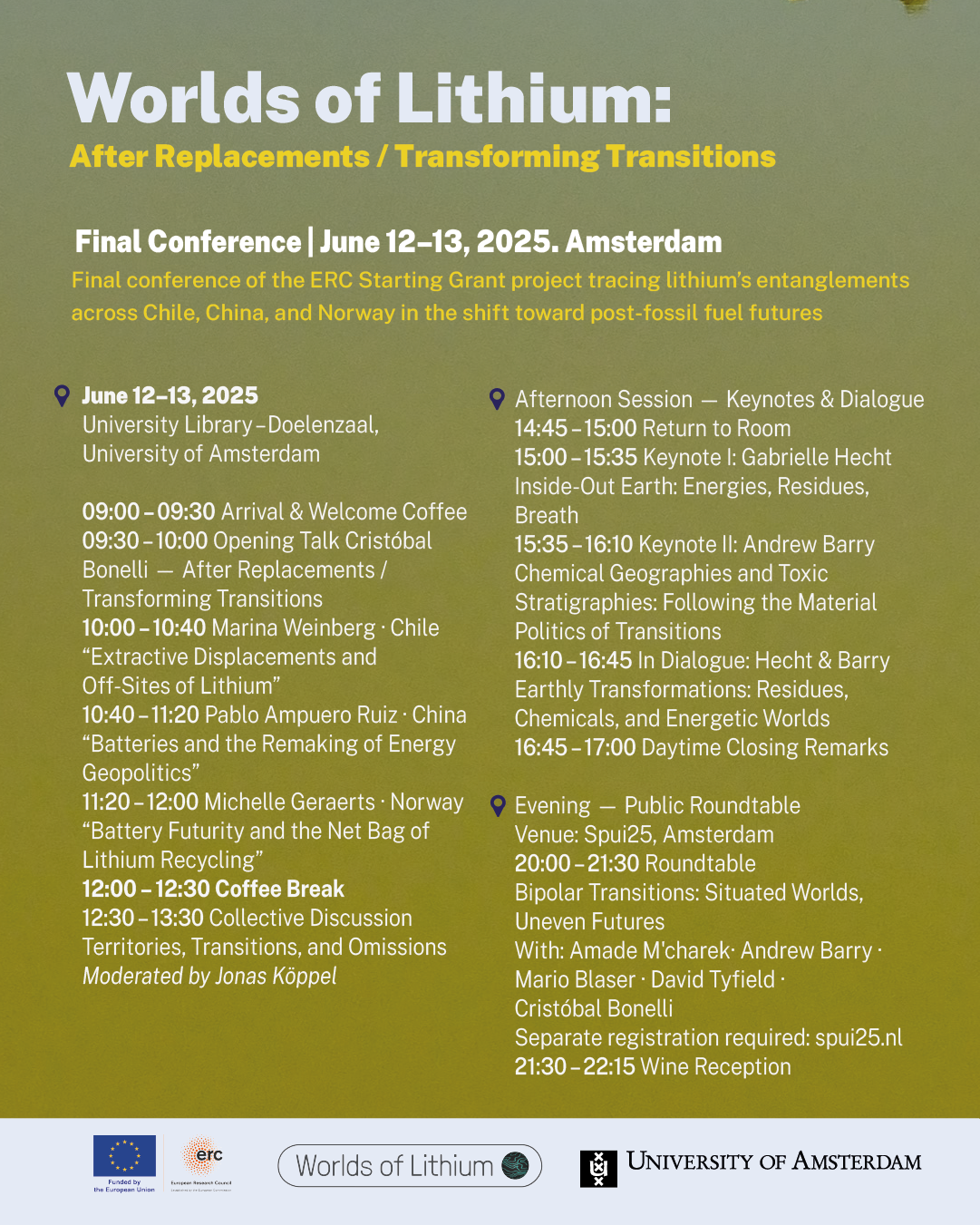

July 20, 2025
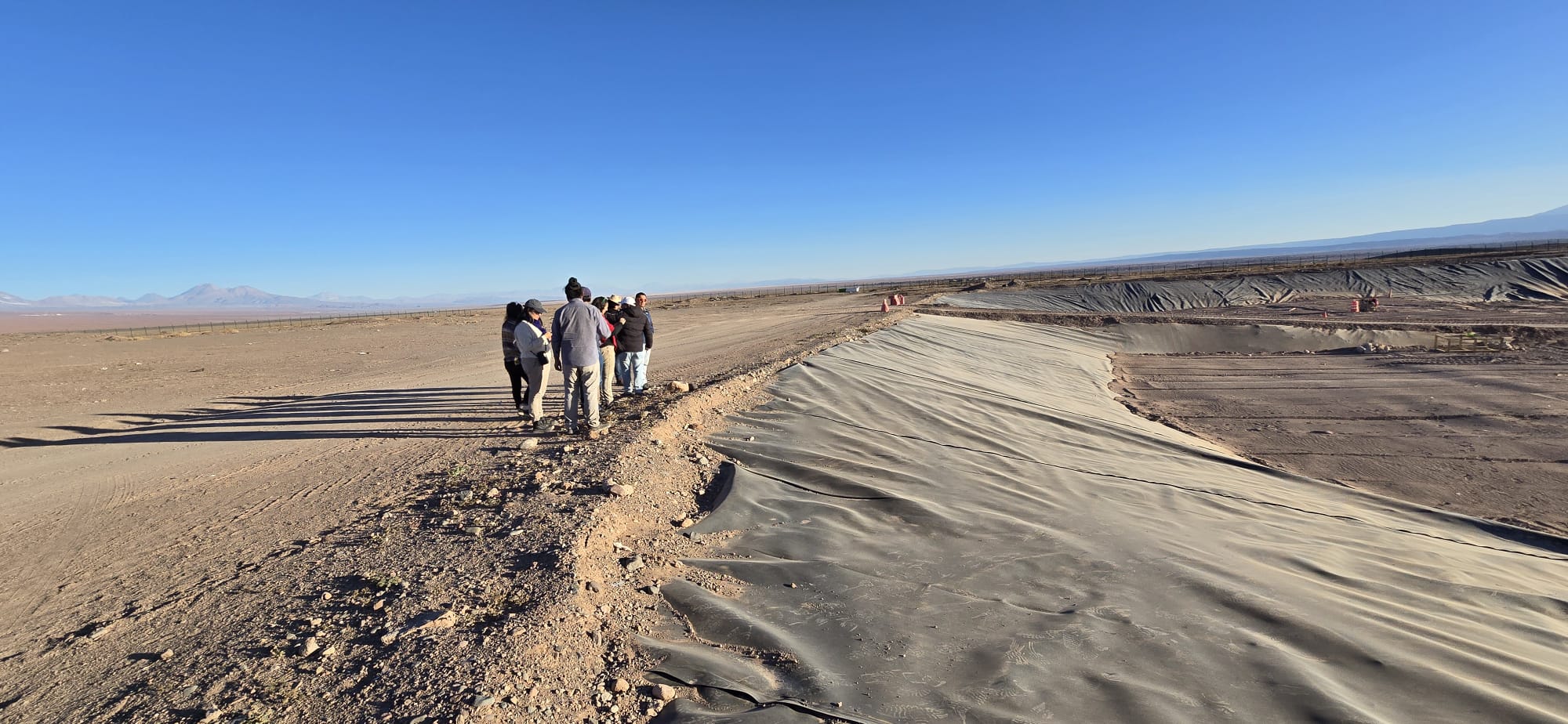
As part of the final field activities and dissemination efforts of the Worlds of Lithium project, the PI organized a field visit to the waste management site of the commune of San Pedro de Atacama. This activity was developed in collaboration with Atacameño leaders, doctoral students from the IIAM-UCN program (including participants from the territory Rapa Nui and other international contexts), and with the support of the local municipality.
This site, far from lithium evaporation ponds, consists of landfill structures that receive the waste generated by local residents and the mass tourism industry. These spaces are rarely included in dominant narratives of lithium extraction and energy transitions, yet they are structurally tied to the extractive geographies of the region.
By paying attention to these off-sites—zones that lie beyond the conventional maps of resource extraction—the project invited critical reflection on how sustainability is imagined, enacted, and disrupted. The visit enabled participants to engage with the material conditions and contradictions of extractive life, and to explore transitions from the perspective of grounded, localized practices and challenges.
...July 18, 2025
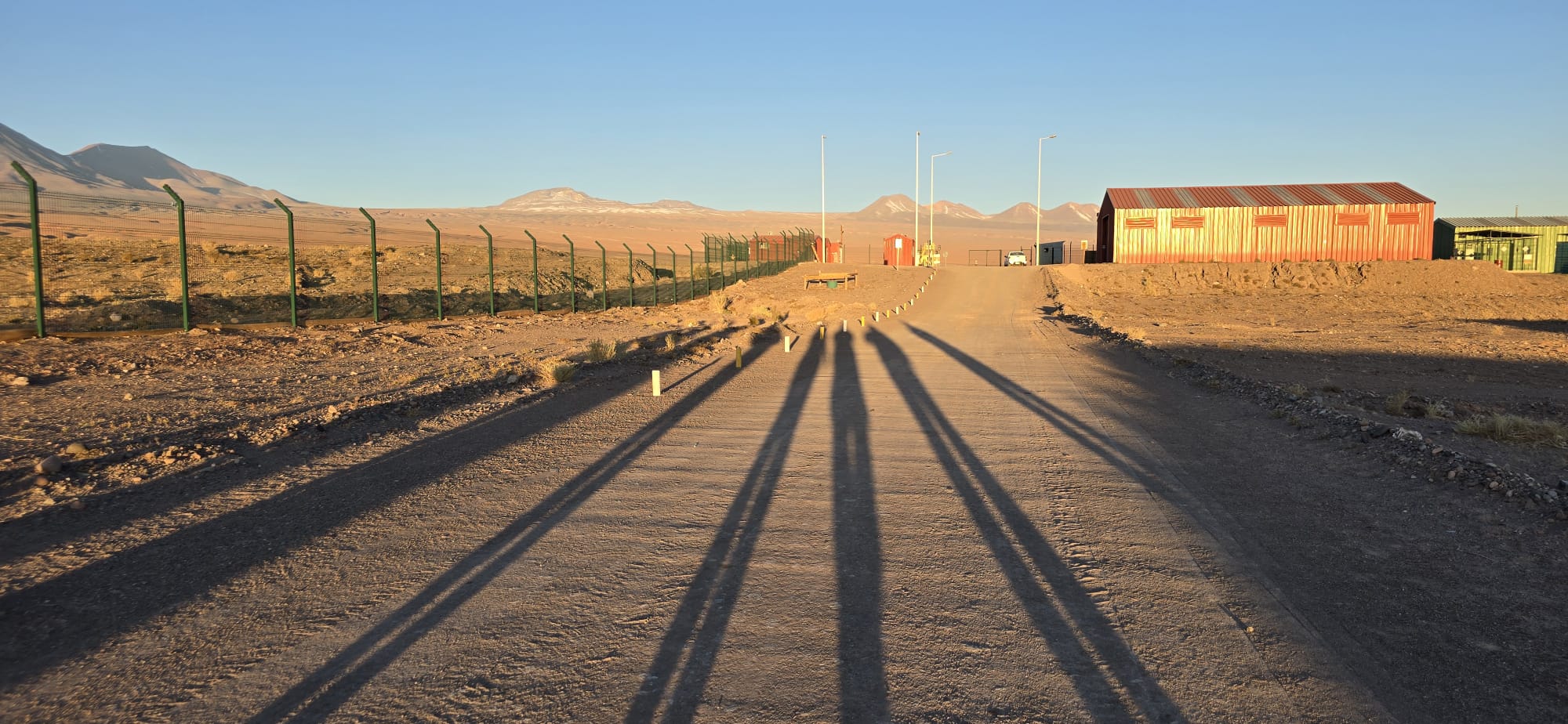
As part of the closing phase of the Worlds of Lithium project, a key dissemination and co-learning activity took place in San Pedro de Atacama in July 2025. Organized by the Principal Investigator (PI) in close collaboration with Marina Weinberg, the project’s coordinator in Chile, this initiative was central to the project's commitment to return knowledge and foster dialogue with actors in the territories where fieldwork was conducted.
The activity consisted of a two-week doctoral seminar within the PhD Program in Anthropology at the Instituto de Investigaciones Arqueológicas y Museo (IIAM), Universidad Católica del Norte—a key institutional partner for the project’s success in the Atacama Desert. The seminar brought together Atacameño leaders, international PhD students, researchers from Rapa Nui, and other local actors engaged in critical reflections on energy transitions, lithium extraction, and territorial knowledge.
Rather than a conventional dissemination workshop, this event functioned as a collaborative space for co-construction of insights and reflection, in which project results were discussed, challenged, and enriched through grounded, plural, and locally situated perspectives.
This activity exemplifies the Worlds of Lithium project's broader approach to research dissemination: one that privileges reciprocity, inter-disciplinarity, and respectful engagement with communities whose lives and territories are entangled in planetary transitions. It also reflects the ERC’s vision of fostering transformative knowledge exchanges beyond academic audiences.
...July 18, 2025

On June 25–26, 2025, Bonelli participated alongside Pablo Ampuero Ruiz (Worlds of Lithium) in the international workshop “Energy Transition & Resource Extractivism in the Americas”, organized by the ASI Research Cluster on Biodiversity and Natural Resources and the Department of Social and Cultural Anthropology at Vrije Universiteit Amsterdam.
This two-day event brought together scholars, Indigenous leaders, and professionals from across sectors to critically reflect on the persistent role of extractivism in the context of energy transitions, with a special focus on South America. Their contribution offered an ethnographically grounded perspective on how these transitions shape territories, ecologies, and communities.
More information and full programme available here:
https://vu.nl/en/events/2025/energy-transition-and-resource-extractivism-in-the-americas
May 1, 2025
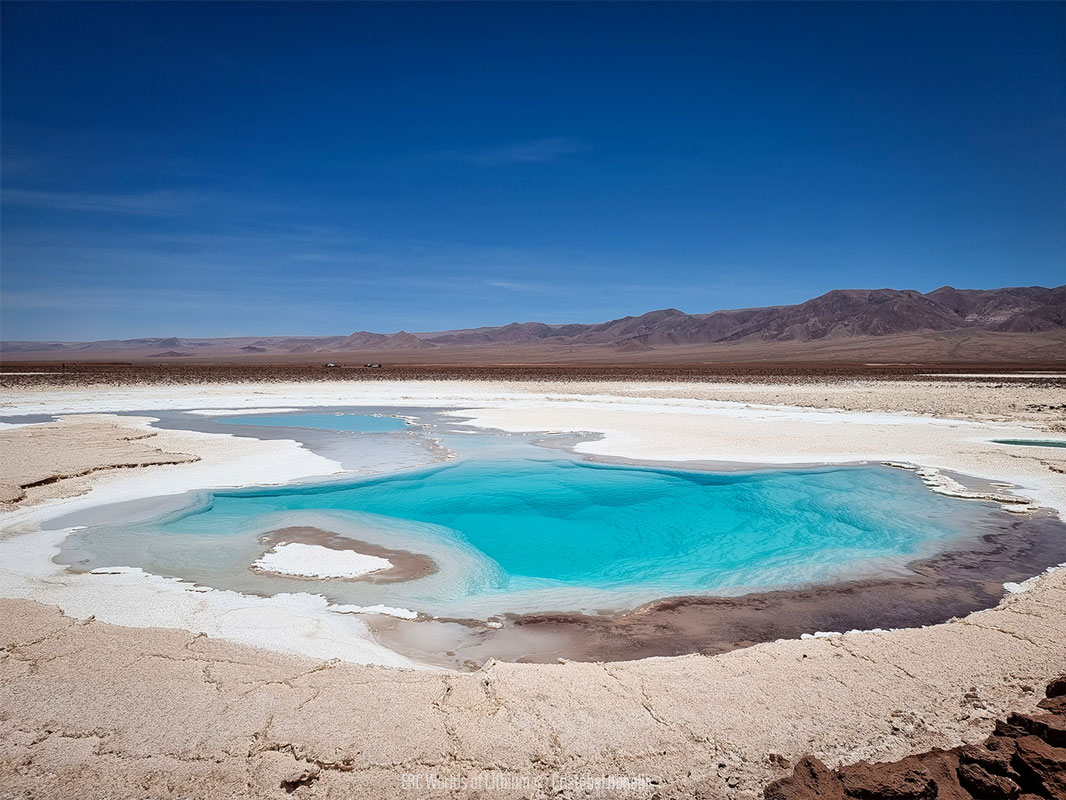
Cristóbal Bonelli and Marina Weinberg, both researchers from the Worlds of Lithium (WOL) project, participated in the seminar "Territorialidades Divergentes en América del Sur", organized by Mario Blaser and Cristina Rojas in Asunción, Paraguay, from April 9 to April 11, 2025. This gathering brought together scholars working across Latin America to explore how different ways of inhabiting and shaping territories challenge dominant frameworks of modernization and development.
Bonelli presented his work "Gardens at the Edge of the Falling Sky", where he reflects on how energy transitions reshape landscapes and ways of living. Focusing on lithium mining in northern Chile, his talk explored how extraction projects not only transform ecosystems but also affect the ways in which local communities perceive and engage with their surroundings. Inspired by the ideas of Davi Kopenawa and Bernard Stiegler, Bonelli invites us to think beyond simple narratives of sustainability and consider what remains, resists, and reconfigures in these shifting terrains.
Weinberg, in turn, presented "Between the Pluriverse and the Multiverse: Lithium Off-sites, Capitalist Science Fiction, and World-Making". Her talk explored how lithium infrastructures generate unexpected spatial and temporal displacements — what she calls “off-sites”— that challenge the dominant techno-scientific imagination of the energy transition. Drawing on speculative thought and grounded fieldwork, Weinberg examined how alternative world-making practices emerge in the cracks of extractive capitalism.
The seminar also featured contributions from scholars including Pilar Riaño, Daniel Ruiz Serna, Salvador Schavelzon, Lorna Quiroga, José Candido Ferreira, Valentina Bonifacio, Cristina Rojas, and Toribia Lero Quispe, along with local participants and community organizations. Through open discussions and collaborative reflections, the event aimed to generate new insights into the diverse ways territories are shaped, contested, and lived.
...March 29, 2025

Cristóbal Bonelli, Principal Investigator of the Worlds of Lithium (WoL) project, was invited to inaugurate the Energy Dialogues series, organized by the ENERGEO Project.
This first session explored the often-overlooked social and environmental disruptions linked to lithium’s extraction and circulation in the context of the Green Transition. While the push for emission-free electromobility is widely promoted as a sustainable alternative, the complexities surrounding lithium as a critical resource remain largely invisible. Bonelli’s research examines how these transformations reshape landscapes, communities, and knowledge systems across Chile, China, and Norway.
Based on a multi-sited ethnographic approach, the Worlds of Lithium project reveals how lithium interconnects diverse actors, expertise, and infrastructures along its global supply chain. This dialogue offered a space to critically engage with the contradictions and challenges of energy transitions and their implications for contemporary anthropology.
📅 Date: Friday, April 4, 2025
⏰ Time: 12:00 (Lisbon)
📍 Online Session
🔗 Join via Zoom: https://videoconf-colibri.zoom.us/j/9994471565
Suggested Readings
To enrich the discussion, we encourage participants to review the following readings:
Bonelli, C. R., & Gamba, M. (2024). Underground Roots for Ancestral Futures: Exploring Lithium Through an Experimental Alliance between Chemistry and Anthropology. Science, Technology, & Human Values.
Bonelli, C., Galaz-Mandakovic, D., Weinberg, M., Figueroa, V., & Hecht, G. (2024). Cenizas del Antropoceno: Omisiones de carbón y estratigrafía tóxica en Tocopilla (Chile). Revista Colombiana de Antropología.
Bonelli, C., & Dorador, C. (2021). Endangered Salares: Micro-disasters in Northern Chile. Tapuya: Latin American Science, Technology and Society.
Join us for this important discussion on lithium, sustainability, and the challenges of energy transitions!
...March 28, 2025
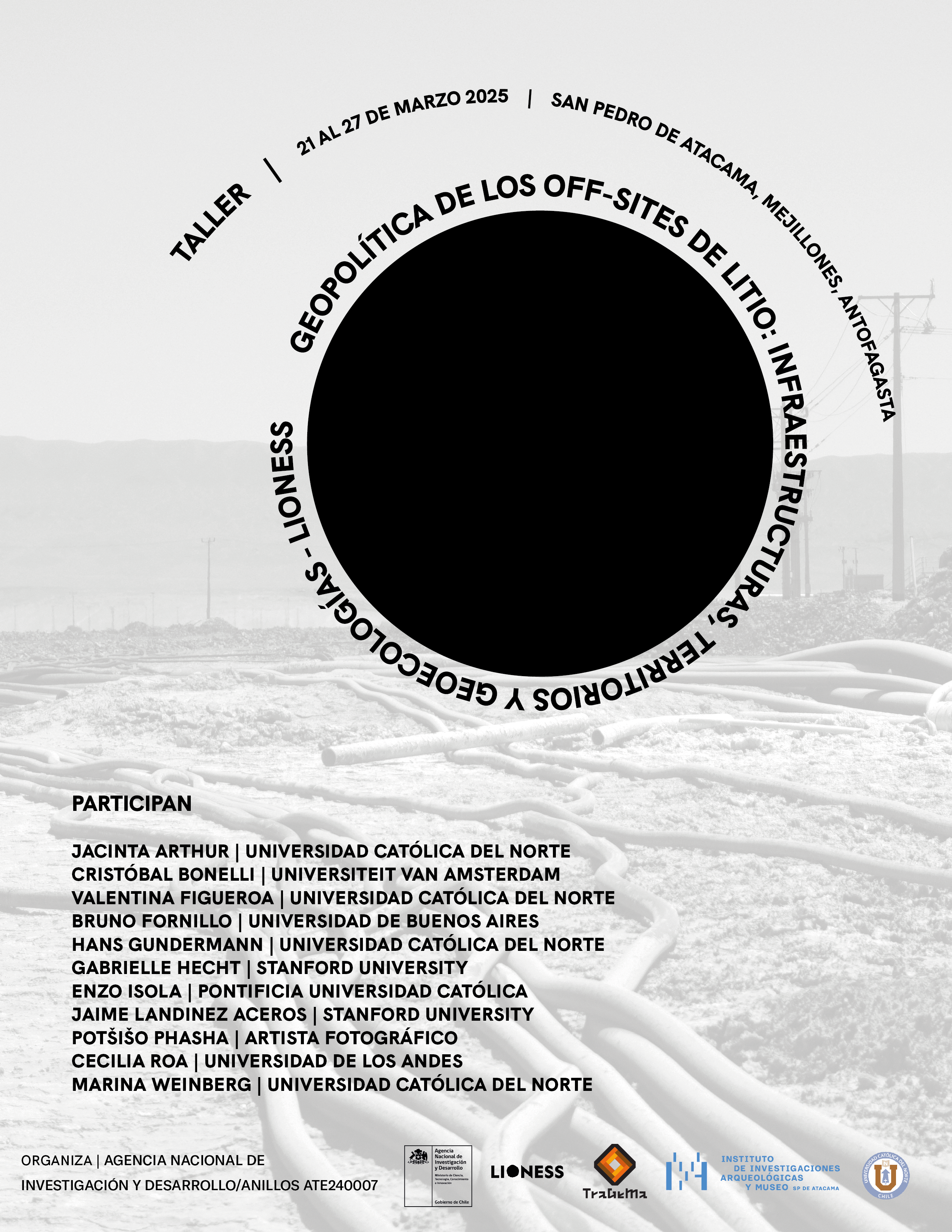
From March 21 to 27, 2025, the workshop Geopolitics of Lithium Off-Sites: Infrastructures, Territories, and Geologies took place across San Pedro de Atacama, Mejillones, and Antofagasta. The event was organized by LIONESS, a project funded by Chile’s National Agency for Research and Development (ANID) through its Anillos program, and co-directed by Marina Weinberg and Valentina Figueroa.
LIONESS builds on and expands the research developed through the Worlds of Lithium project, creating new spaces for collaborative inquiry into the territorial, ecological, and geopolitical dimensions of mining infrastructures in northern Chile. Marina Weinberg, a key researcher in Worlds of Lithium, now co-leads LIONESS, while Cristóbal Bonelli participates as an invited international expert.
Bringing together anthropologists, historians, artists, and scientists such as Jacinta Arthur, Cristóbal Bonelli, Valentina Figueroa, Bruno Fornillo, Hans Gundermann, Gabrielle Hecht, Enzo Isola, Potšišo Phasha, Cecilia Roa, and Marina Weinberg, the workshop explored how mining infrastructures unsettle established geographies and open up speculative and situated approaches to planetary transformation.
...March 22, 2025
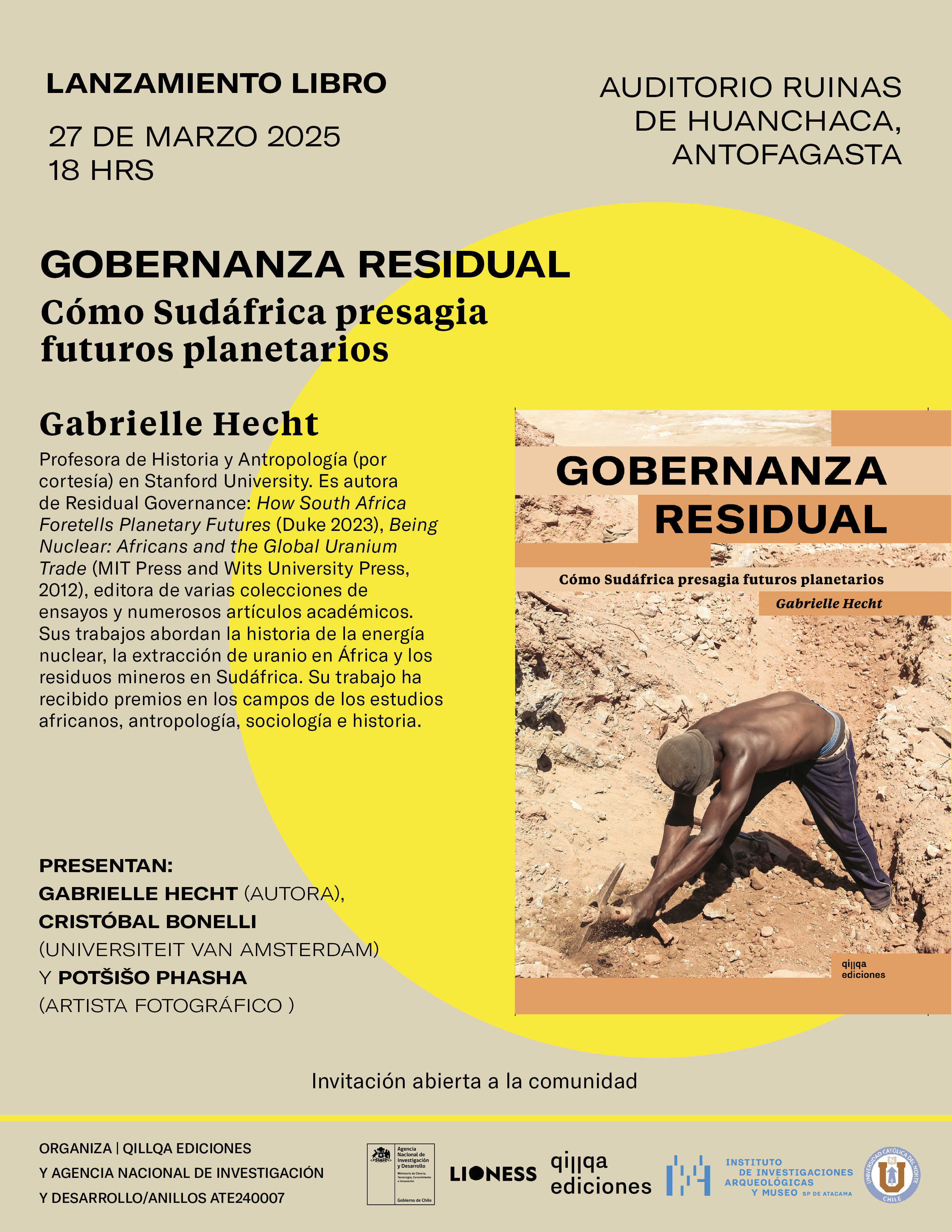
On March 27, 2025, the Spanish edition of Gabrielle Hecht’s Gobernanza Residual (Residual Governance) has been launched at the Ruinas de Huanchaca in Antofagasta, Chile. This long-awaited translation, led by Marina Weinberg through qillqa ediciones of the Universidad Católica del Norte—brings Hecht’s influential work on environmental governance, technology, and power to Spanish-speaking audiences.
Gabrielle Hecht presented her book, accompanied by comments from Cristóbal Bonelli and the book’s photographer, Potšišo Phasha. The conversation focused on the themes of the book, which critically examine how residual materials, infrastructures, and waste governance shape global politics and inequalities. It has also explored how this work can serve as a generative conceptual tool in mining territories in northern Chile.
While the book launch stands as a key event, it is also framed within a week of activities organized by the "Geopolitics of Lithium Off-Sites: Infrastructures, Territories, and Ecologies – LIONESS" project, funded by ANID-Chile and co-directed by Marina Weinberg and Valentina Figueroa.
...March 12, 2025
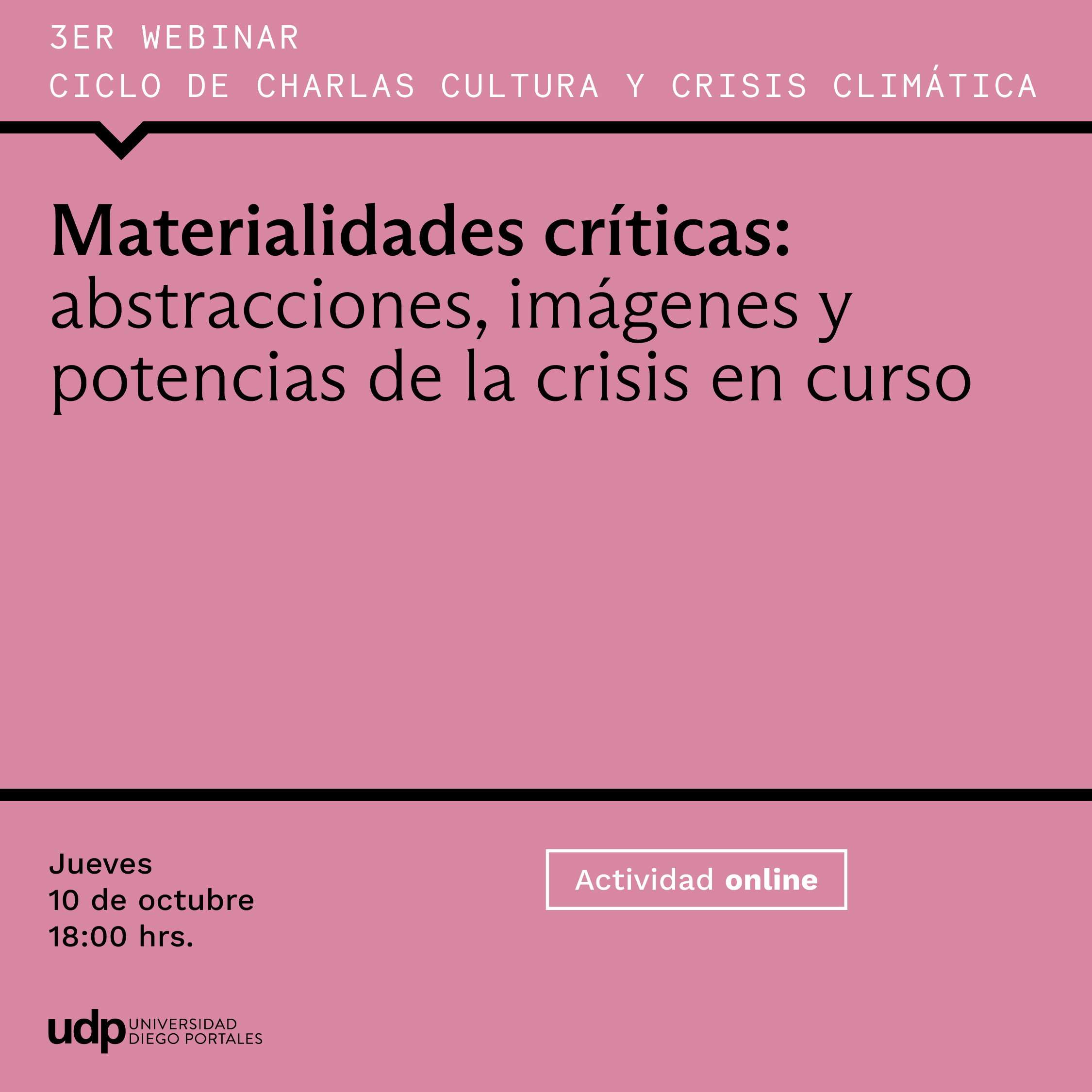
Cristóbal Bonelli, Principal Investigator of the ERC-funded project Worlds of Lithium, was invited by the Institute for Social Sciences Research (ICSO) at Universidad Diego Portales (UDP) to speak at the "Cultural and Climate Crisis" lecture series held in Santiago, Chile. Bonelli delivered a talk titled "Critical Materialities: Conceptual Creativity in Times of Crisis."
In his presentation, Bonelli explored the transformative power of ethnographic concepts as essential tools for addressing contemporary crises through a situated and grounded approach. He highlighted his work in northern Chile with the concept of microdisasters, which brings attention to the destruction of microbial ecologies in endangered salt flats impacted by extractivist activities. Additionally, he discussed his research in southern Chile centered on Mollvbun, a Mapudungun term for "blood," which he interprets as a "relational capacity" rather than merely a biological substance.
Bonelli described these concepts as "concrete abstractions" that retain the strength of the places where they are conceived, producing real-world impacts ranging from environmental legal disputes to cultural and political debates. Notably, the concept of microdisasters has recently been used in the legal defense of the Salar de Surire in Chile.
The lecture concluded with an invitation to embrace conceptual creativity as a critical tool for reimagining agency and fostering transformative alliances amidst global crises. The "Cultural and Climate Crisis" lecture series, organized by ICSO-UDP, aims to promote interdisciplinary dialogue on the cultural dimensions of the climate crisis. For more details about the event, visit this link. ...
December 29, 2024
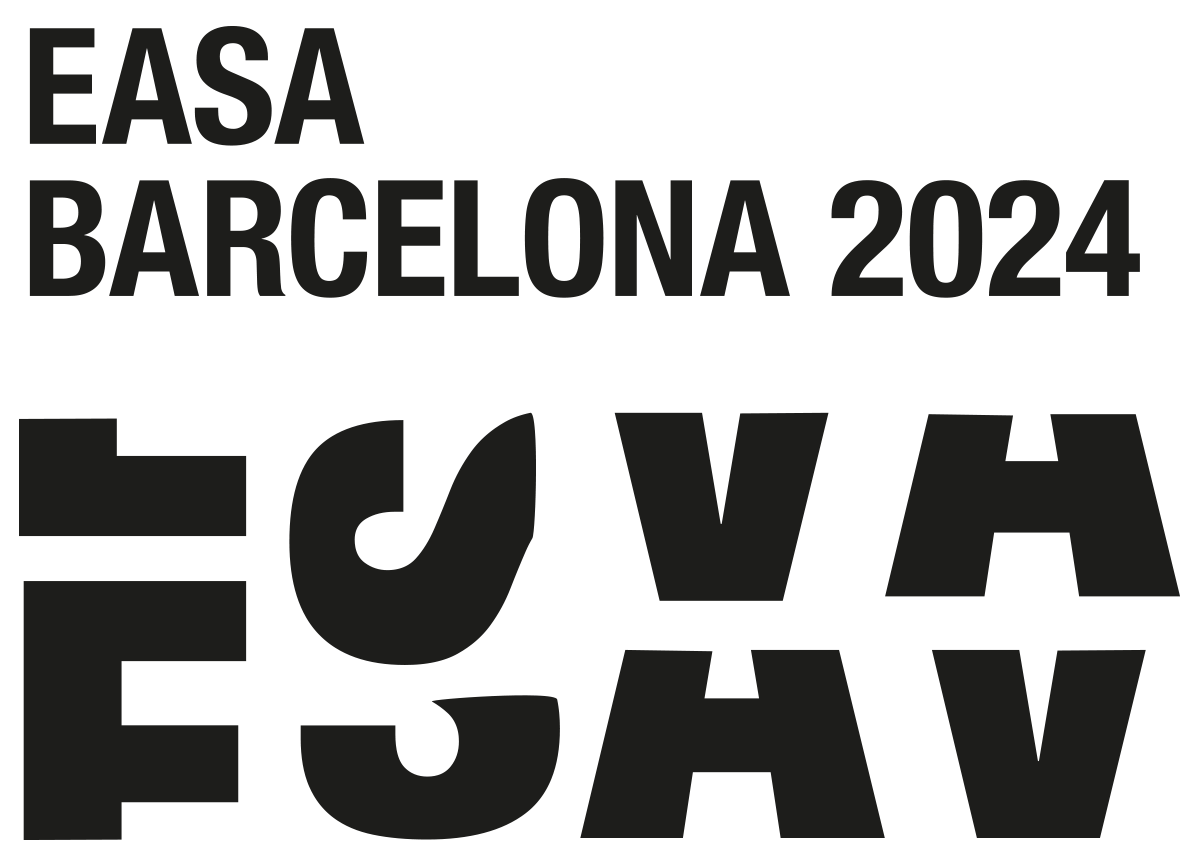
July 26, 2024
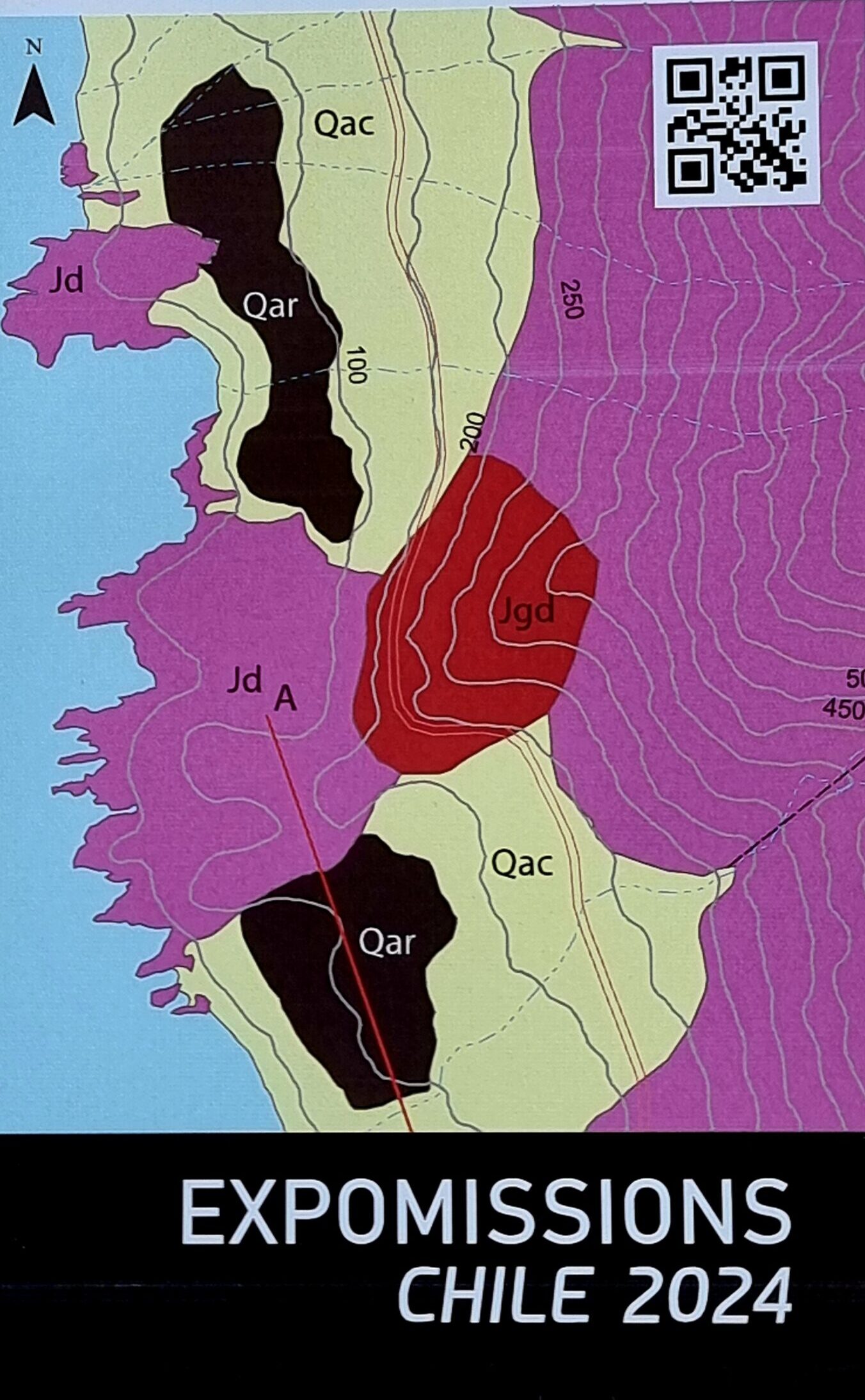
In a landmark event, Cristobal Bonelli and Marina Weinberg, alongside Gabrielle Hecht, Damir Galaz Mandakovic, and Valentina Figueroa, delivered the Presidential Address at the Annual Meeting of the Society for the History of Technology (SHOT). The conference, themed "Repair in the History of Technology," provided a fitting platform for the collective talk.
Their address, based on collaborative work in Northern Chile, introduced the concept of “Carbon Omissions,” a novel term coined by the team to highlight overlooked aspects of carbon emissions and their impacts. The presentation underscored the importance of acknowledging these omissions in historical and contemporary discussions about technology and environmental sustainability.
The SHOT Annual Meeting continues to be a critical gathering for thought leaders and innovators in the history of technology, and this year's Presidential Address by Bonelli, Weinberg, and their colleagues was a significant contribution to the ongoing discourse.
...July 15, 2024
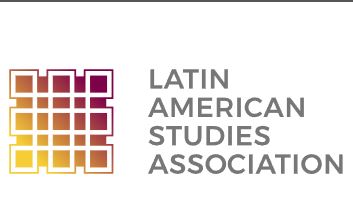
From June 12-14, 2024, Colombia was the vibrant venue for the LASA 2024 Congress, themed "Reaction and Resistance: Imagining Possible Futures in the Americas." The event brought together scholars and activists from across the continent to discuss critical issues and potential futures for the region.
One of the highlights was the panel "Luchas Territoriales en América Latina desde una Perspectiva Relacional," where Cristobal Bonelli co-discussed alongside Marisol de la Cadena. Their insights sparked engaging conversations on territorial struggles in Latin America from a relational perspective.
Cristobal Bonelli also presented his work, “The Zero ‘Omissions’ Targets: Re-energizing Transitions Beyond Electro-Mobility and Lithium-Ion Batteries,” as part of the panel "Energizando transiciones y debates desde el sur," organized by Marina Weinberg and María Cecilia Roa.
The congress fostered a space for dynamic discussions, innovative ideas, and collaborative efforts, setting a significant tone for future engagements and actions in the Americas.
...July 14, 2024
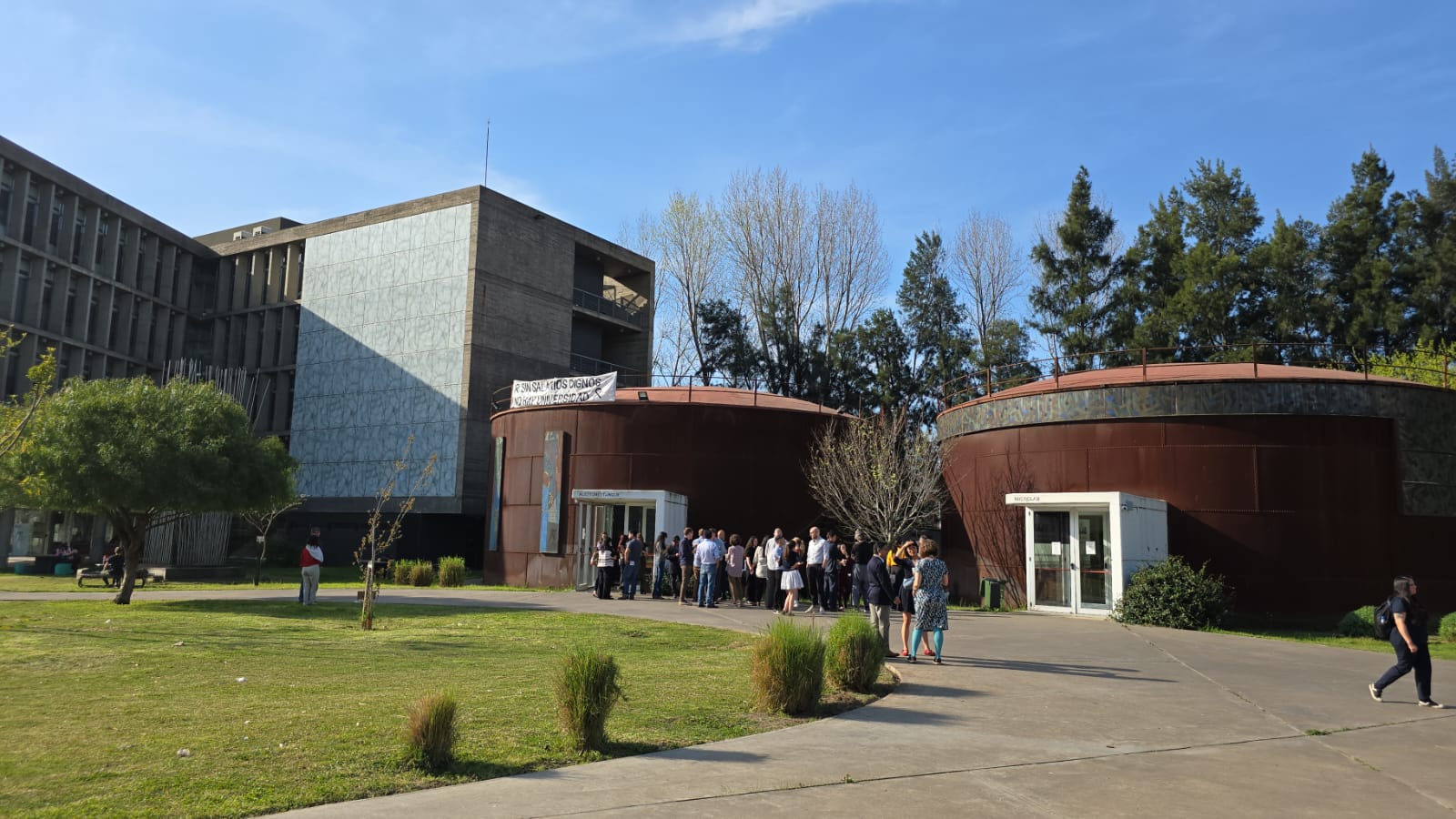
In September, Cristobal Bonelli participated in a series of strategic meetings in Buenos Aires, Argentina, aimed at strengthening long-term collaborations for the Worlds of Lithium (WOL) project in Latin America. These efforts are in line with the goal of establishing sustainable research networks that will continue beyond the ERC-funded phase of WOL.
A key meeting was jointly organized by three projects: Worlds of Lithium, Marina Weinberg’s newly awarded research project, and Bruno Fornillo’s Geopolitics and Commons Studies Group. This strategic session involved Bonelli, Weinberg (who leads WOL in Chile), and Fornillo, and focused on establishing collaborative research channels that will extend over the next three years. Weinberg’s project, funded by Chile's National Agency for Research and Development (ANID) through the "2024 Anillos Research Competition in Specific Thematic Areas," builds on her work for WOL and is titled The Geopolitics of Lithium Off-sites: Infrastructures, Territories, and Ecologies. It explores the social and material transformations linked to lithium in areas distant from extraction sites, with a multidisciplinary team.
The collaborative meeting set the stage for these projects to work together in advancing research on lithium geopolitics and territorial transformations, with Bonelli participating as an external expert. This partnership represents a significant step towards extending the impact of Worlds of Lithium in Latin America beyond the ERC funding period.
In addition to this, Bonelli took part in an academic workshop organized by the Program of Studies on Global China at the IDAES School and the Chinese Global Orders Program of The British Academy. Over two days, scholars and professionals from various international institutions met at UNSAM University to discuss China’s evolving role in the global order, particularly its relationships with Latin America. Bonelli’s participation in these discussions contributes to the broader geopolitical focus of the Worlds of Lithium project, particularly regarding energy transitions and resource governance in China, and its various connections with Latin America.
...July 14, 2024
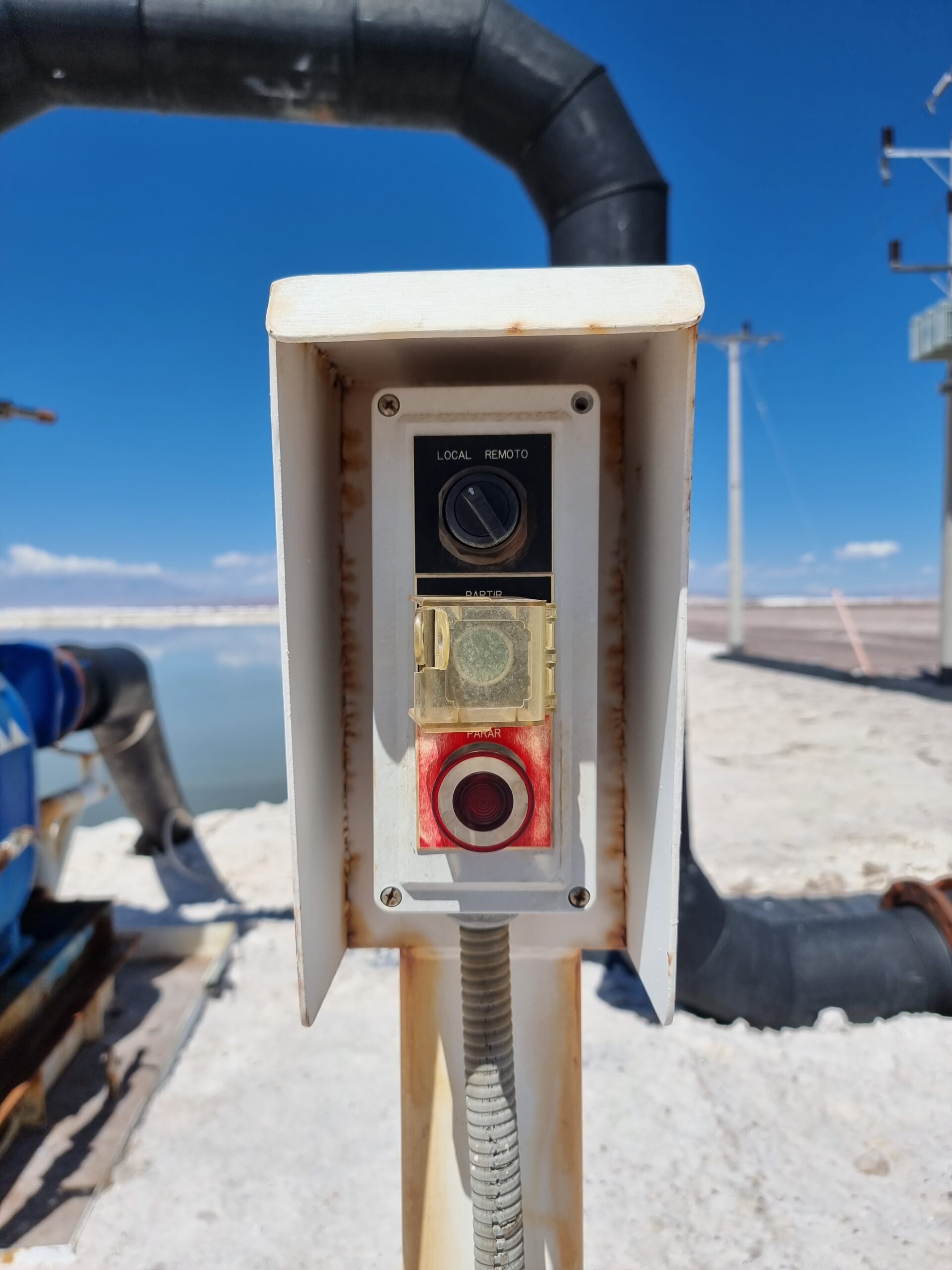
Cristobal Bonelli and Marina Weinberg disseminated their work at the conference “Responsible Lithium Production for Energy Transition and Electric Mobility,” held in Jujuy, Argentina, from July 1st to July 5th, 2024.
Amidst the delicate political climate in Argentina regarding new reforms facilitating lithium extraction, and in an environment strongly influenced by the presence of chemical professionals, Cristobal and Marina presented their research on “reducing omissions” and the importance of “lithium off-sites,” respectively.
...July 13, 2024
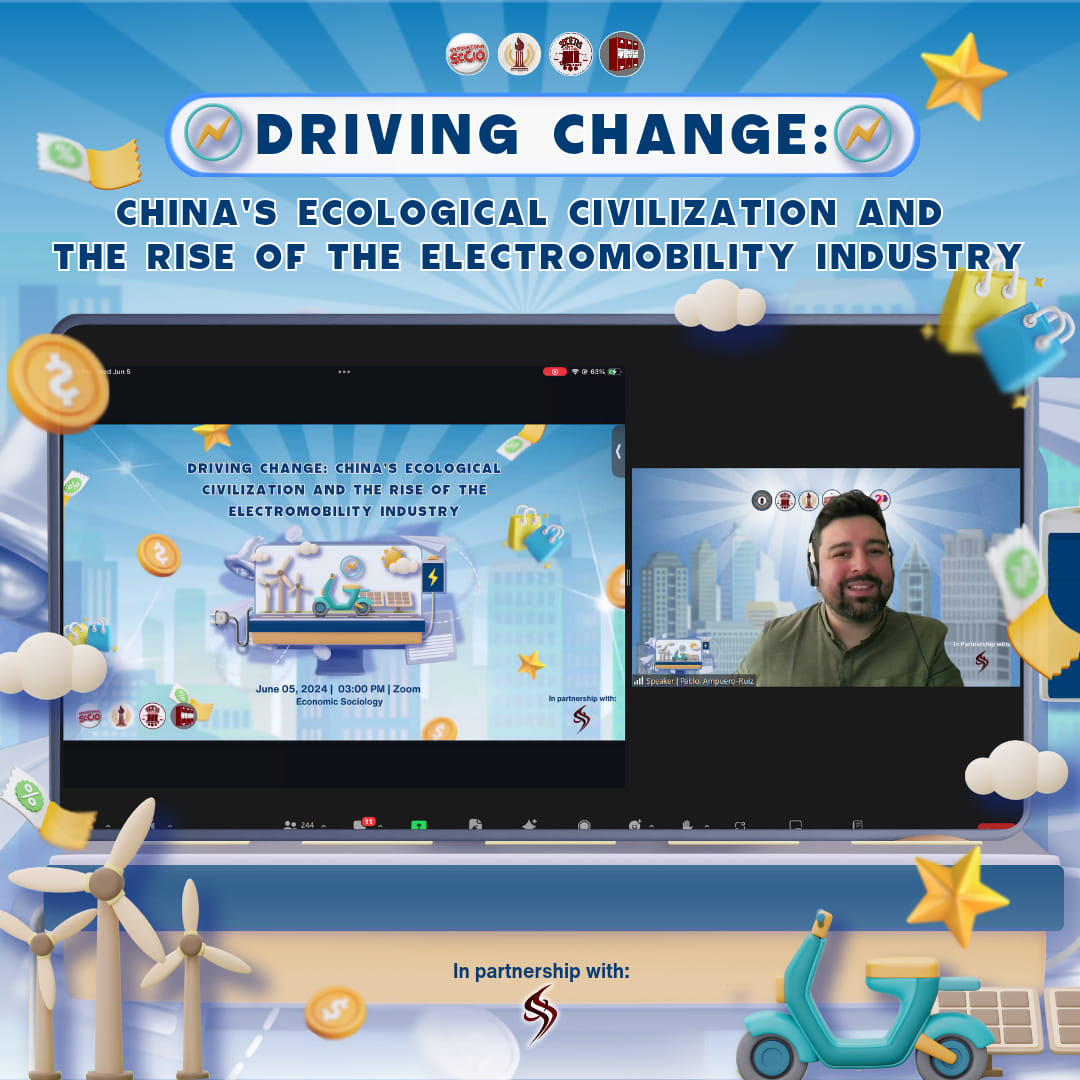
June 5, 2024

The team of the ERC Worlds of Lithium, in collaboration with ICLAC, has organised a webinar series about China's pivotal role in energy transitions, bringing together leading scholars and emerging researchers from different disciplines to think collectively in a webinar series. We aim at illuminating the complexities shaping the role of China in the emerging worlds of electromobility, paying close attention to the Chinese Ecological Civilisation project, the global circulation of eletromobility technologies, and the diverse drivers propelling electromobility in Chinese worlds.
In the first event, Annah Lake Zhu (Wageningen University), Steve Harrell (University of Washington), and HUANG Ping (CUHK Shenzhen) we explored China's Ecological Civilisation. Our invited speakers engaged with the following questions:
What precisely constitutes Ecological Civilisation (生态文明)?
Which are the most suitable conceptual and technological tools to think and grasp its nuances?
This event took place on Friday, 10 May 2024 (9:00 CL / 15:00 NL / 21:00 CN). Rewatch it here: [https://youtu.be/SUEnaWZixLM]
In the second event, GONG Huiwen (Universitetet i Stavanger), Juliana González Jauregui (ICLAC, CONICET & FLACSO), and Ágnes Szunomár (Budapesti Corvinus Egyetem) focused on the role of China in the global circulation of electromobility technologies. We were interested in opening a conversation around the following questions:
How and which actors produce the global circulation of lithium-ion batteries for electromobility? What is value and what is chain in the lithium-ion battery chain?
This event took place on Friday, 24 May 2024 (9:00 CL / 15:00 NL / 21:00 CN). Rewatch it here: [https://youtu.be/X3bMj9648XE]
Finally, in the third event David Tyfield (Lancaster University), Pablo Ampuero-Ruiz (Universiteit van Amsterdam), and Haley KWAN Hiu-Lap (Hong Kong University) will tackle the drivers of electromobility in Chinese worlds. In this sessions we seek to explore the following questions:
What is work, time and space in the worlds of electromobility?
How technical objects and infrastructures constitute time, and what spatial considerations come into play within and through the diverse Chinese worlds of electromobility?
This event will take place on Friday, 7 June 2024 (9:00 CL / 15:00 NL / 21:00 CN). Register here.
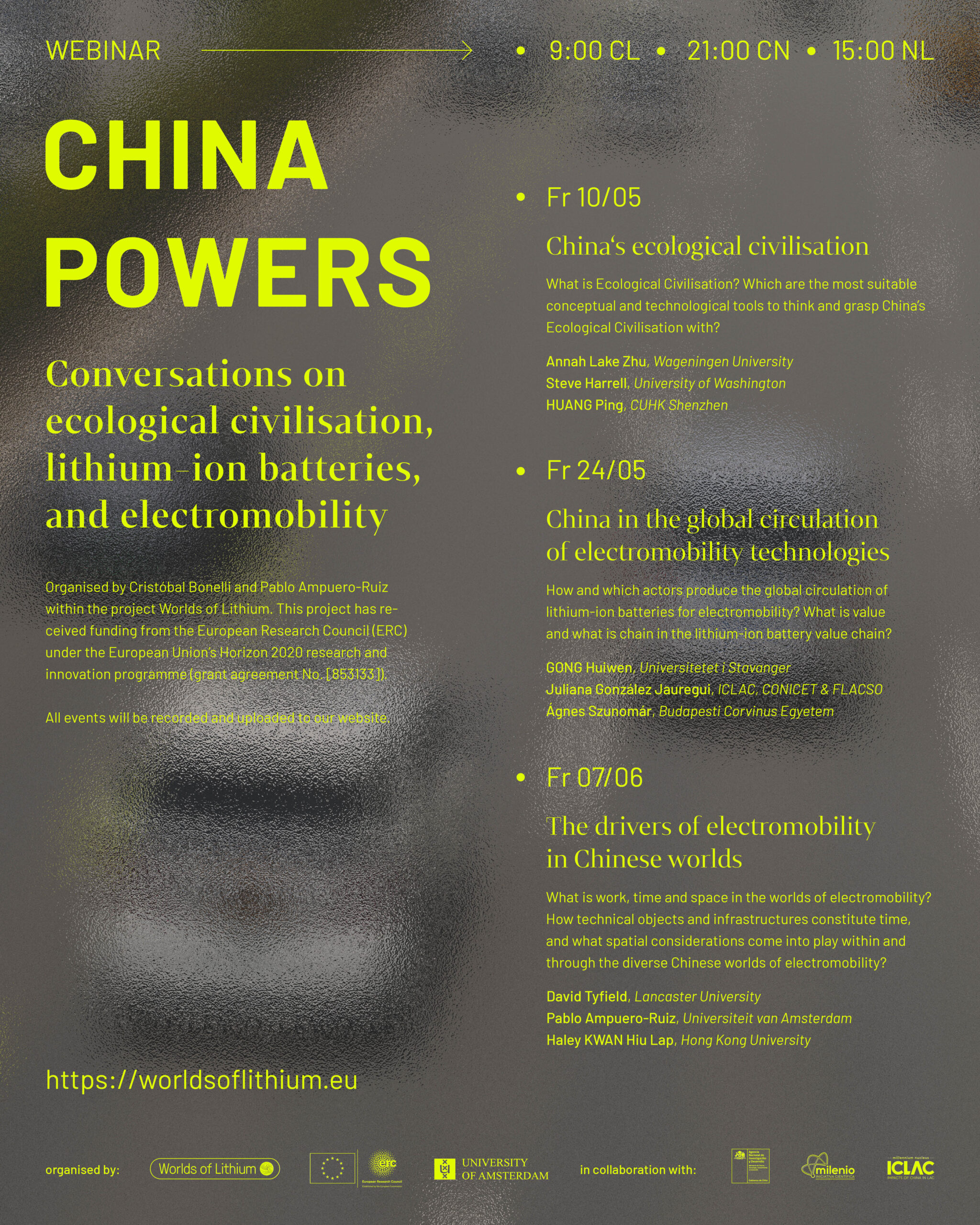 ...
...April 2, 2024
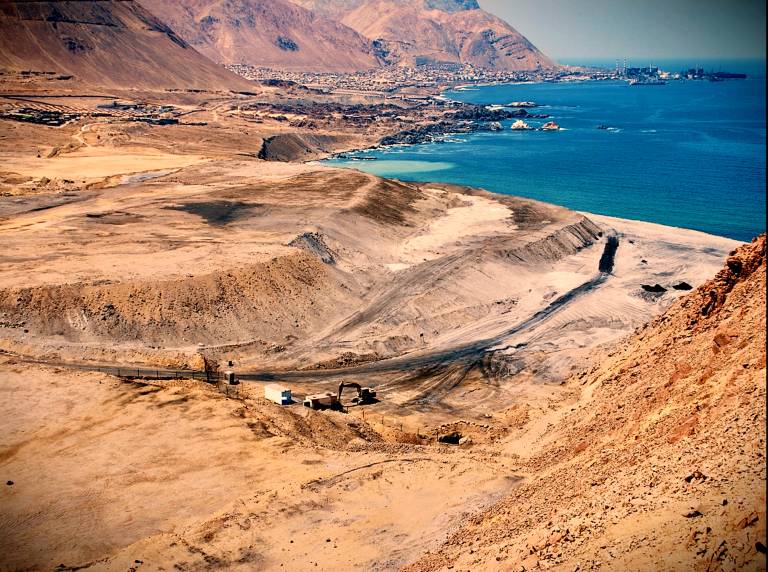
Organised by UCL Anthropocene in London UK, this hybrid event presented “Carbon Omissions: Toward a Toxic Stratigraphy of Tocopilla, Northern Chile”. The group of international co-authors and presenters included team member Cristobal Bonelli, Damir Galaz-Mandakovic, Valentina Figueroa, team member Marina Weinberg and Gabrielle Hecht.
UCL Anthropocene works as a virtual school by assembling projects, people, courses, and events from across the social sciences, arts, humanities, life, environmental, and health sciences to articulate and address the problems that the Anthropocene poses for our collective future.
The presentation complicated the hegemonic and globalizing project of corporate carbon neutrality by visualizing Tocopilla’s ashtray (sp, el cenicero de Tocopilla), a sedimented volume of fly ash resulting from the combustion of coal and petroleum coke during the last four decades. Through a transdisciplinary exercise mobilizing anthropological, historical and archaeological methods, the presentation aimed to visualize the Tocopilla ashtray through a toxic stratigraphy which worked as a) an index of carbon omissions, namely, those destructive material transformations strongly omitted by the net zero emissions project of corporate carbon neutrality, as well as b) the product of residual governance, a deadly form of rule in which the management of waste and discards relies on tactics such as simplification, ignorance, and delay, treating people as waste and places as wasteland.
https://www.ucl.ac.uk/anthropocene/events/2024/mar/carbon-omissions-toward-toxic-stratigraphy-tocopilla-northern-chile
...March 5, 2024

Cristobal Bonelli presented the Keynote “ŒMISSIONS Unveiled: Rethinking Emissions Reduction Beyond the Lithium-Ion Battery Black Box”. The event was organised by the Laboratoire d'Anthropologie des Mondes Contemporains Université libre de Bruxelles in Brussels, Belgium.
In his Keynote, Cristobal Bonelli introduced the concept of intercalation, inspired by battery chemistry, as an ethnographic concept which partially connects Chile, China, and Norway, he argued that emission reduction projects must be scrutinised for the omissions they generate. He offered the term ŒMISSIONS to encapsulate this simultaneous process and interconnectedness, with the ligature "Œ" intricately linking omissions and emissions; ŒMISSIONS interweaves the emissions we aim to reduce with the hidden omissions that accompany technological progress.
https://lamc.phisoc.ulb.be/actualites/evenements/cycle-de-conferences-en-anthropologie-3?RH=21360453660807977&LANGUE=0
...March 1, 2024
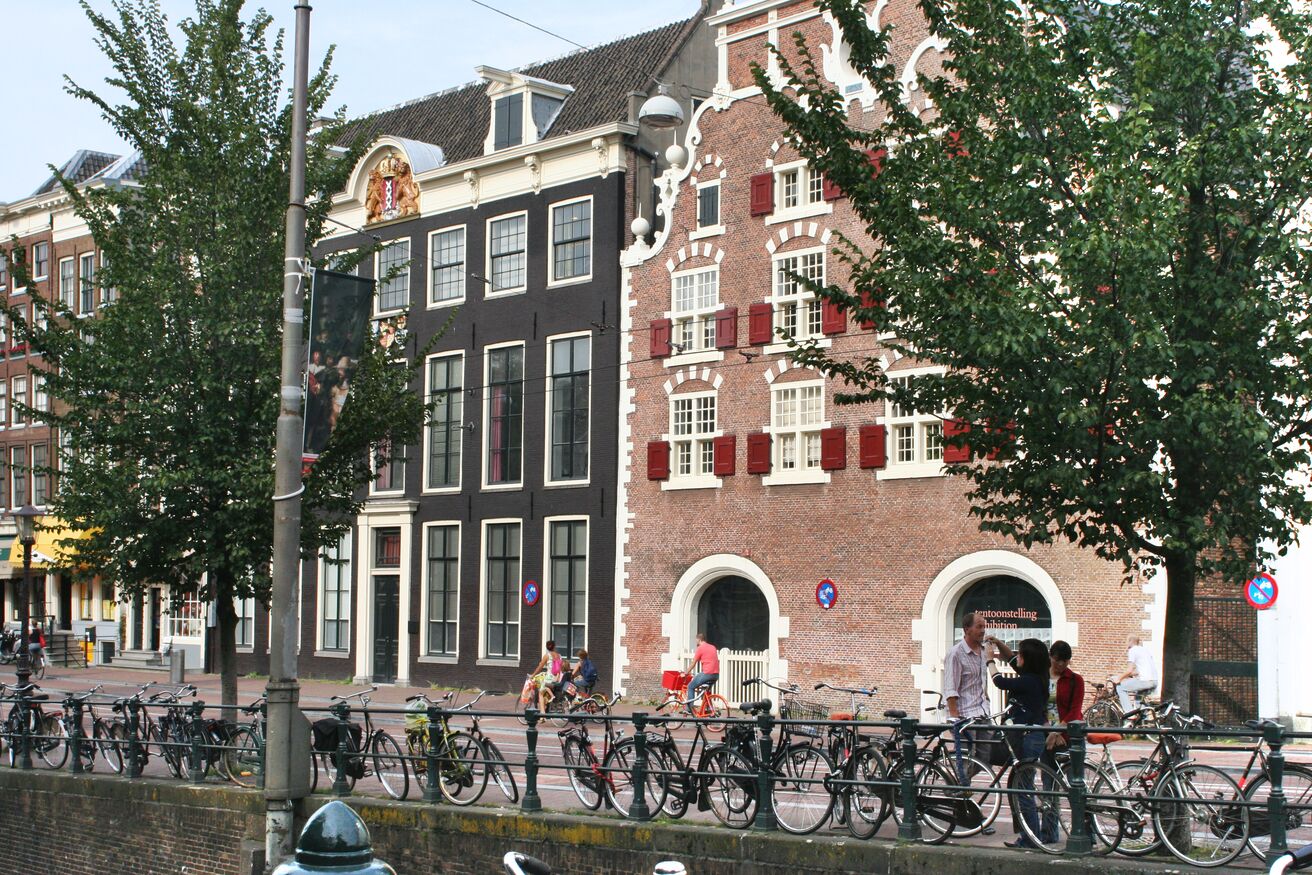
The team of the ERC Worlds of Lithium has organised a 2-day workshop with Dr Huiwen Gong (Stavanger) to enhance knowledge exchange about China. The first day was dedicated to engagements between research programmes and discussions about future projects. On the second day, our team organised a workshop to discuss papers-in-the-making about the role of China and energy transition materials. The emphasis of the activity was on bringing together different disciplines and scholars to think collectively and improve our publications before submission.
On the occasion, we counted with three papers addressing China in relation to energy transition materials. These manuscripts were provided by Jewellord Nem Singh, Assistant Professor of International Development at the Institute of Social Studies in The Hague and Principal Investigator of the ERC-funded programme GRIP-ARM; Huiwen Gong, Associate Professor for Regional Studies and Innovation at the University of Stavanger, and Pablo Ampuero-Ruiz, Postdoctoral researcher with the ERC-funded programme Worlds of Lithium at the University of Amsterdam.
In this closed workshop, guests were invited based on their expertise and potential interest. Each paper was discussed by an invited scholar before the floor was opened for more collective reflections. Roger Creemers, Assistant Professor at the Leiden Institute for Area Studies (LIAS); Julia Bader, Associate Professor in the Department of Political Science at the University of Amsterdam, and Willy Sier, Assistant Professor in the Department of Anthropology at Utrecht University each were assigned a paper to discuss. Their commentaries were not only highly relevant and helpful for the authors, but also allowed for new reflections and ideas emerging from the materials at hand.
The event was successful in its endeavour to build bridges and think collectively. We hope to see the final form of these articles out soon!
February 6, 2024
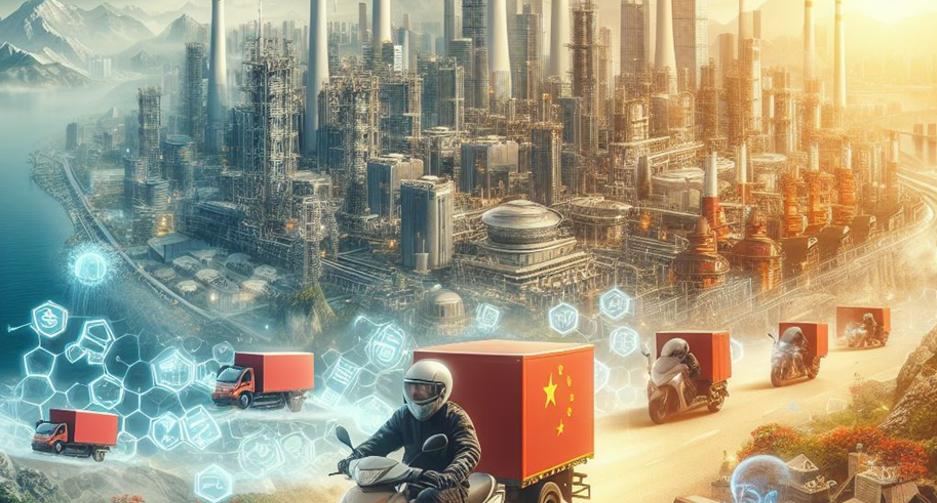
Cristobal Bonelli presented some preliminary findings of Worlds of Lithium research in Chile and China at the The Sociology of Development and Change (SDC) seminar at Wageningen University.
In this presentation, he introduced the concept of ŒMISSIONS as a heuristic to examine the often-overlooked Omissions stemming from Emissions reduction initiatives and technologies. Drawing on ethnographic research carried out in Chile and China, he critically analyzed the eco-modern pursuit of decarbonization, particularly within the context of electric transportation and its optimistic dependence on lithium-ion batteries. He explored how the emphasis on specialized chemical abstractions and the portrayal of batteries as pivotal tools for decarbonization omits significant transformations in regions governed by energo-power dynamics and productive notions of work and labour.
...January 18, 2024

Team members Pablo Ampuero Ruiz and Cristobal Bonelli disseminated preliminary findings concerning research on China and lithium ion batteries at NÚCLEO MILENIO ICLAC.
A Keynote was presented by Pablo Ampuero: “Electromobilidad, Trabajo, y Energía: Intercalando iones y trabajadores en la megalópolis de Shenzhen”.
The Millennium Core on China's Impacts in Latin America (ICLAC) or Millenium Nucleus on the Impacts of China in Latin America and the Caribbean is an interdisciplinary proposal that seeks to address one of the greatest foreign policy and sustainable development challenges facing developing countries: China's rise as its main economic partner and the concomitant increase in its political influence on the political agendas of these countries. China's impact on Latin America and the Caribbean (LAC) is paradigmatic, as it is a continent where 67% of its population lives in a country where China is the main economic partner.
The general objective of this Nucleus is to deepen the understanding of the political consequences of China's capital boom in Latin America over the past twenty years, both in its socio-economic and cultural dimension.
https://iclac.cl/
...December 14, 2023
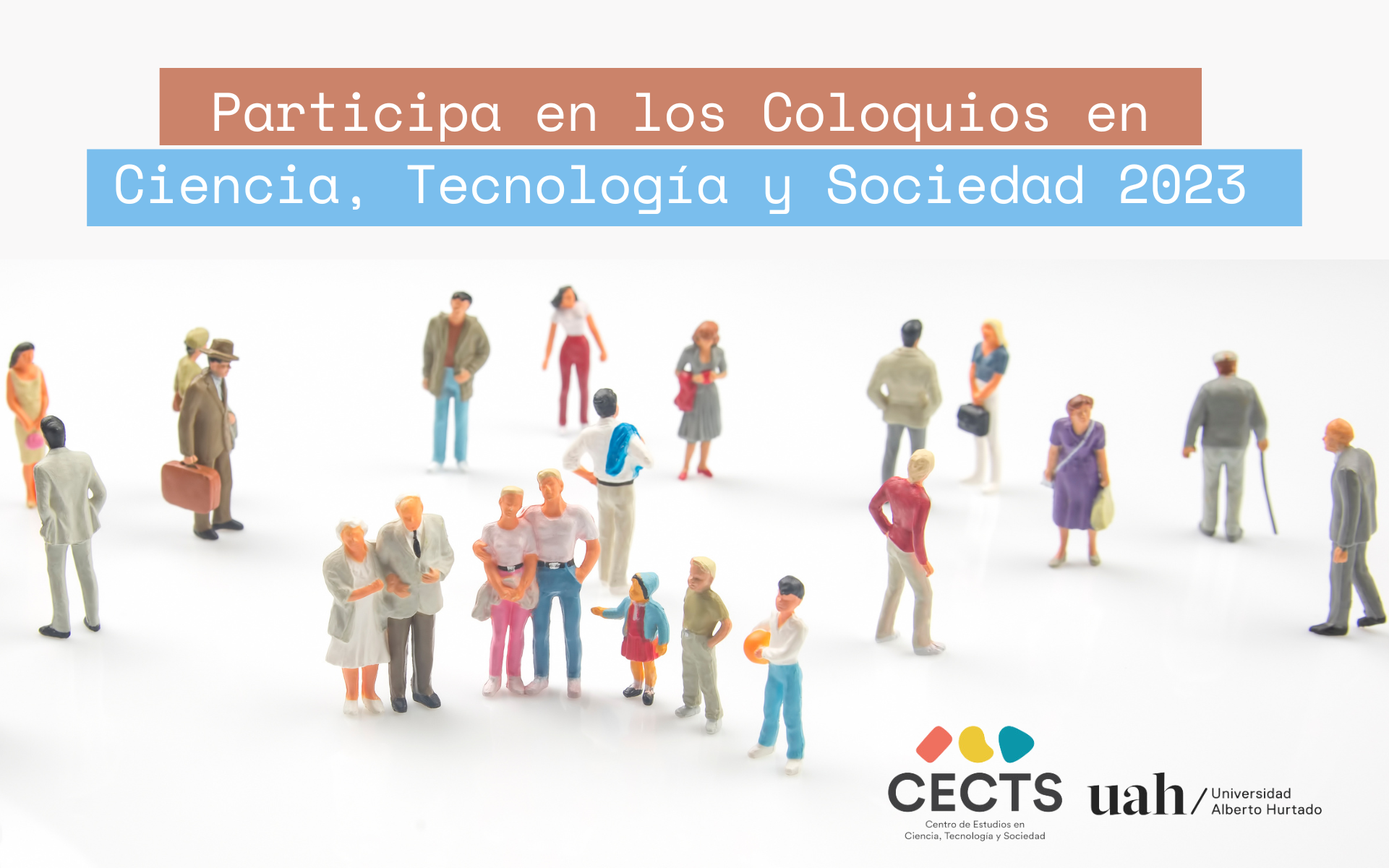
Cristobal Bonelli presented the Keynote “Repensar la electromovilidad: Baterías, descarbonización y reducción de omisiones en los mundos de litio” at Coloquios de Ciencia, Tecnología y Sociedad. (Rethinking electromobility: Batteries, decarbonisation and reduction of omissions in Lithium worlds.) The event was organized by the Centro de Estudios en Ciencia, Tecnología y Sociedad (CECTS), at the Universidad Alberto Hurtado, Chile.
The colloquiums are an initiative of the Center for the Studies in Science, Technology and Society (CECTS) of Alberto Hurtado University, which aim to disseminate research that addresses the complex interactions between science, technology and society.
https://cects.uahurtado.cl/2023/08/coloquios-cts-2023/
...December 13, 2023

Worlds of Lithium's team member Marina Weinberg began the dissemination of the project's findings while speaking at the "The paths of energy transition: The circulation of lithium, copper and other strategic metals in the southern Andes" workshop in Tocopilla, Chile.
The workshop brought together scholars to study, not the localized modes of mining extraction, but how these minerals circulate and are transported through the Andean space and towards global points of consumption. The seminar, of an exploratory nature, took as a privileged observation point different ports on the desert coast of the South Pacific: Iquique, Patillos, Patache, Tocopilla, Michilla, Mejillones. These ports organize a varied and consistent typology, from which to observe the ongoing reconfiguration of the region as a whole.
Los caminos de la transición energética
...December 7, 2023

During 26 and 27 October, Dr Ampuero-Ruiz, postdoctoral researcher with WOL, took part in the final workshop of the Governing Batteries project at the Graduate Institute in Geneva Switzerland. Drawing from his recent fieldwork in Shenzhen, he presented part of his research on the mobile and fixed aspects that enable electromobility in China. The research was well received by the participants of the workshop, who manifested the need for more knowledge about China to understand the complexities of the global lithium industry.
The following week, Dr Ampuero-Ruiz participated in the week-long inaugural event of the Climate Finance Group within the Society for Economic Anthropology. This workshop aimed at mapping the ongoing questions in economic anthropology with regards to climate finance, which has been a growing concern of Dr Ampuero-Ruiz. In the event, our colleague pitched his research proposal about financialisation of green commodities like lithium and copper, and the production of green financial imaginaries.
...October 26, 2023
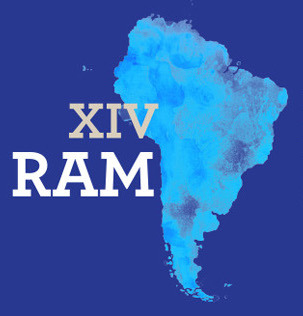
At XIV Reunião de Antropologia do Mercosul de 2023, Marina Weinberg organized and Cristóbal Bonelli was a discussant for the session "Spoilage, extraction and destruction in Latin America: bodies, subjectivities and experiences in everyday life ".
Despojo, extractivismos y destrucción en América Latina: cuerpos, subjetividades y experiencias en la vida cotidiana
...August 1, 2023

How could we imagine, think, feel and practice decoloniality in the 21st century, an era deeply marked by ecological crisis, wars, social outbursts and the exhaustion of our conceptual tools to understand the world?
And how would it be possible to undo our habitual ways of knowing in a way that wonder, and new openings, are continuously possible in the presence of those others we are with?
Anthropology is an interesting case to experiment and think with these questions, as it is the paradigmatic heir of colonial history, scientific racism and capitalist extractivism. In this Worlds of Lithium lecture, Marisol de La Cadena will explore not knowing as epistemic stance and practice towards the possibility of decolonial analysis.
Anthropology, being a quintessential heir of colonial thought and practice, is a discipline that continuously struggles to undo modes of thought deeply rooted in grammars that separate objects from subjects, human from non-humans, self and other, all grammars that have been the conditions of possibility to silence a pluriverse of voices through various forms of violence, exclusions and erasures. Tonight, Marisol de la Cadena will explore not knowing as epistemic stance and practice towards the possibility of decolonial analysis. This not knowing does not imply “not knowing yet.” It does not embrace the modernist ethos of a better, enlightened future, prone to be, indeed, known. Rather than resulting from research as a final and closed outcome, “not knowing” guides it along an open-ended process.
In her talk, De la Cadena will explore “not knowing” as an analytic method and an epistemic stance that performs intertwined tasks: it prevents researchers from merely producing “theoretical” knowledge emerging in the absence of those who inspired its sense of inquiry and curiosity. Besides this, “not knowing” takes our ways of thinking to the limit of its possibilities. Indeed, the reason of the talk is to think how “not knowing” may emerge as a possibility towards decolonial thinking—a phrase in which the processual gerund ‘thinking’ wants to indicate an endless task which does not stop with denunciation, theoretical critique, or renewed moral categorizations. Marisol de la Cadena will propose not knowing as a tool to inhabit learning as an unfinished domain, where decoloniality appears as an ongoing adventure rather as an state awaiting to be achieved.
This talk has been co-organized with SPUI25, and registration is needed. Online option is also possible at the time of registration in the following link: https://spui25.nl/programma/not-knowing-a-possibility-towards-decolonial-thinking...July 31, 2023
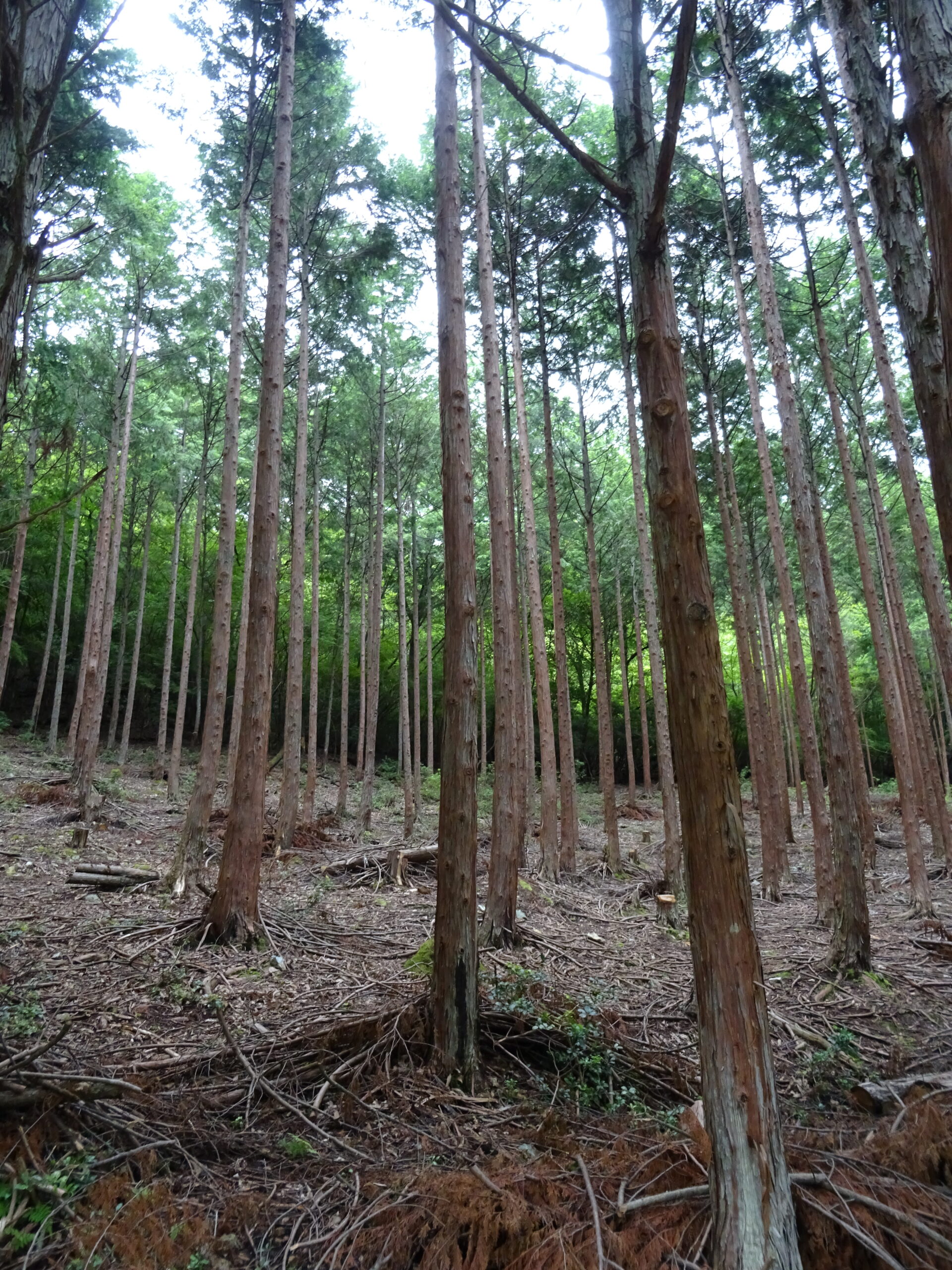
As climate and ecological collapse looms large, the boundary between knowing and acting in (social) science has been shifting. While environmental scientists have increasingly come closer to policy and activism in order to change the current unsustainable trajectory, the past decades witnessed the growing interest of anthropologists in collaboration with interlocutors. In this talk, professor Morita will discuss an experimental mode of anthropology as a collaborative making of infrastructure for change by drawing on his experience in grass roots experiments to link timber production with forest ecological cycles.
In the past few decades, growing number of Japanese social entrepreneurs and lifestyle activists migrated to rural areas of the country. Many see abandoned houses and farmlands in these depopulated areas as opportunities to experiment on sustainable living and community economy.
The Forest of Craft is one such small-scale experiment to reconnect industry with forest ecological cycles. The project takes up traditional Japanese craft that developed sophisticated use of local forest resources as a model for this circular vision. Through this collaboration, the interlocutor and professor Morita ended up in experimenting with DIY making and ethnography as major means for their effort to reinstall in individuals and the industry sensibility to be affected by changing environment and nonhuman others. This talk put this experience in the context of current debates on collaboration in anthropology, STS and beyond to explore a role of anthropology in a grassroots alliance to tackle imminent ecological crises.
This talk is part of the series 'ACTION,CLIMATE, CRISIS: Anthropological tales in times of climate change’, co-organized by Cristobal Bonelli and Branwyn Poleykett and sponsored by the Worlds of Lithium ERC project.
...July 30, 2023
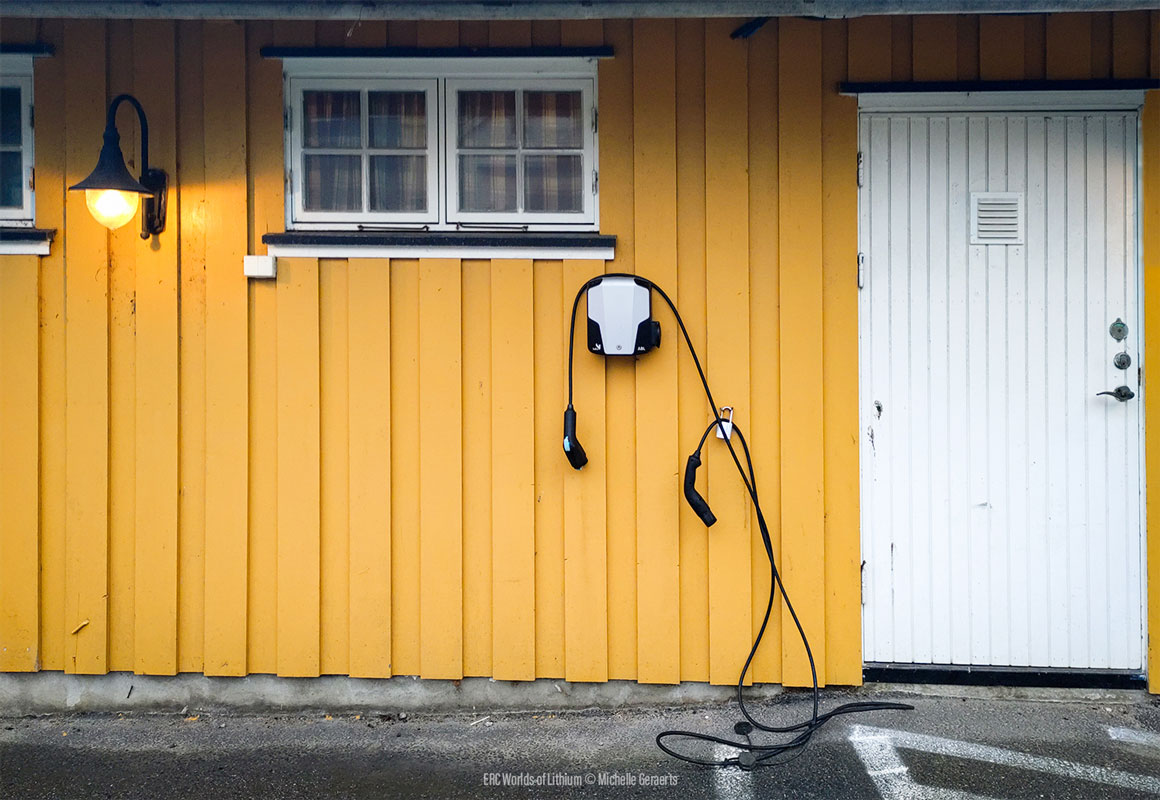
Ursula Le Guin (1986) once wrote a story that attempted to displace the patriarchal white male hero dominating stories about tecno-heroic-human evolution, and reminded us that the dominant language had to be continuously reinvented, just as Virginia Woolf proposed to define a hero, in her notebook 'Glossary', as a bottle; heroism was defined as “botulism.” Le Guin, inspired by the containment offered by the bottle, proposed to imagine a container, a carrier bag - not a masculinised weapon - as a figure that could displace the figure of the hero that is so present in the mythology of "modern technology".
'A nice side effect of eschewing the linear, progressive, arrow-killing-Time mode of the techno-heroic, and redefining technology and science as fundamentally a carry bag, rather than a weapon of domination, is that science fiction can then be understood as a much less rigid and narrow field - not necessarily Promethean or apocalyptic at all but, in fact, a genre that is much more realistic that it is mythological. It's a strange realism - but it's a strange reality'.
This workshop is inspired by this strange realism and aims at gathering vital field-work-stories which will hopefully give us, as Le Guin suggested, 'words of the other story, the untold one, the life story that is not under heroic human control’. But rather than mobilizing science fiction as a genre for experimentation, the workshop has been thought as a safe place where to experiment with creative writing, by particularly focusing on how we can ‘dramatize’ the problem of non-human materiality in times of enhanced ecological sensibility and environmental catastrophes.
We want to get inspired by, and learn from, what we call Stories of Eco-Drama, in which the metaphor of dramaturgy is mobilized to explore material compositions and decompositions taking place in specific places, belonging to different pasts, enabling particular futures, and evolving among different actors performing on situated, indeterminate, incomplete and ever-transforming critical ecologies. Indeed, the prefix ‘eco’ invites participants to tell stories that are concerned with ecological tensions, being ‘eco’ an index for both ecology as environment as well as the understanding of ecology as the transformative composition and decomposition of actors at stake in particular, often dramatic, ongoing situations.
The workshop aims at exploring a way of thinking and writing that decenters the human as the main protagonist of our stories. Non-human actors and materialities here really matter, and in this workshop we will follow ‘actors’ in quite a literal way. This is why we also work with the heuristic of an eco-dramaturgy, as we are concerned with how ‘actors’ -understood quite literally as an ‘actor’ of our dramatic times- “performs” different characters in diverse transformative compositions and decompositions entangled with different temporalities.
In this workshop, then, we are both concerned with ways of dramatizing the non-human in our writing, as well as with following actors dramaturgically. The latter means witnessing and trying to give an account of the main reactions at stake in your research field (chemical, political, affective, what have you) as well as to those transformations occurring beyond the problem-solutions paradigm, so hegemonically present in eco-modern attempts to deal with our eco-political predicament. Indeed, rather than embracing heroic success stories or offering normative, moral critiques, we prefer to experiment with practicing an eco-dramaturgy where acting, reacting, and transforming, while ‘staying with the trouble’, entails to stay with, and think and feel, open-ended stories happening far away from heroic ends.
Following from this, the workshop asks:
How to dramatize the non-human within stories of ecological transformation?
What counts as a ‘reaction’ in our stories of ecological composition and decomposition?
What can we learn from the key transformations at stake in our research-fields and their transformative non-human actors and materialities?
Program of the day:
1.30-1.50: Brief Introduction Bonelli plus very short presentation of participants
1.50-2.20: Think Piece 1
Controlling unwanted reactions: a visit to an New Energy Vehicles (NEV) factory
Writer: Pablo Ampuero. Story tellers: Anita Hardon & Sam van der Lugt
2.20-2.50. Think Piece 2Unclean: a drama in five acts
Writer: Annemarie Mol. Story tellers: Laurens Bakker & Wakana Suzuki2.50-3.20: Think Piece 3
On Turbulence Writer: Tina Harris. Story tellers: Roos Metselaar & Maksim Novokreshchenov3.20-3.30: BREAK
3.30-4: Think Piece 4
Dutch water storiesWriter: Oskar Verkaaik. Story tellers: Fenna Smits & Rene Nissen
4-4.30: Think piece 5
Harlequin’s Rebellion. Old regimes, new subversions
Writer: Martha-Cecilia Dietrich. Story tellers: Marina Weinberg & Nicolas Sollazzo
4.30-5: Think Piece 6
Smelly: A bromine way of making connections
Writer: Amade M’Charek Story tellers: Michelle Geraerts & Else Vogel
5-5.20: Final Discussion:
Rethinking ‘eco-drama’ and ‘reactions’: What can we learn from the think pieces? Marisol de la Cadena and Atsuro Morita
5.20-6: Open discussion.
6-6.45: Dinner
...June 15, 2023

In this lecture, Dr. Hugo Romero presented a critical analysis of Chile’s new lithium policy, based on the physical geographic knowledge and the socio-ecological and territorial power relations that exist in the salt flats of the Atacama Desert.
This lecture was co-organized with Cedla, the Centre for Latin American Research and Documentation at the University of Amsterdam, and also included the participation of Chilean geographer Marcela Robles.
...June 10, 2023

Cristobal Bonelli participated at the workshop 'Anthropology and Degrowth: deepening the dialogue', aimed at exploring the (partial) connections between Anthropology and Degrowth scholarship, and which was organized by Gabriela Cabaña, Lorenzo Velotti and Luisa Muñoz Sueiro.
Cristobal also presented part of his ethnographic findings within lithium extractive industries at the public roundtable 'Re-imagining transitions out of the growth paradigm', where we presented his work in progress paper 'Reducing Emissions and Omissions by reactivating common sense: the Case of Lithium'.
This was an inspiring event that brought together academics, researchers, activists, and artists experimenting with the creation of alliances in different parts of the world, and concerned with re-making academic knowledge as a useful tool beyond universities and beyond bounded, self-referential, scholarship.
...June 5, 2023

May 11, 2023
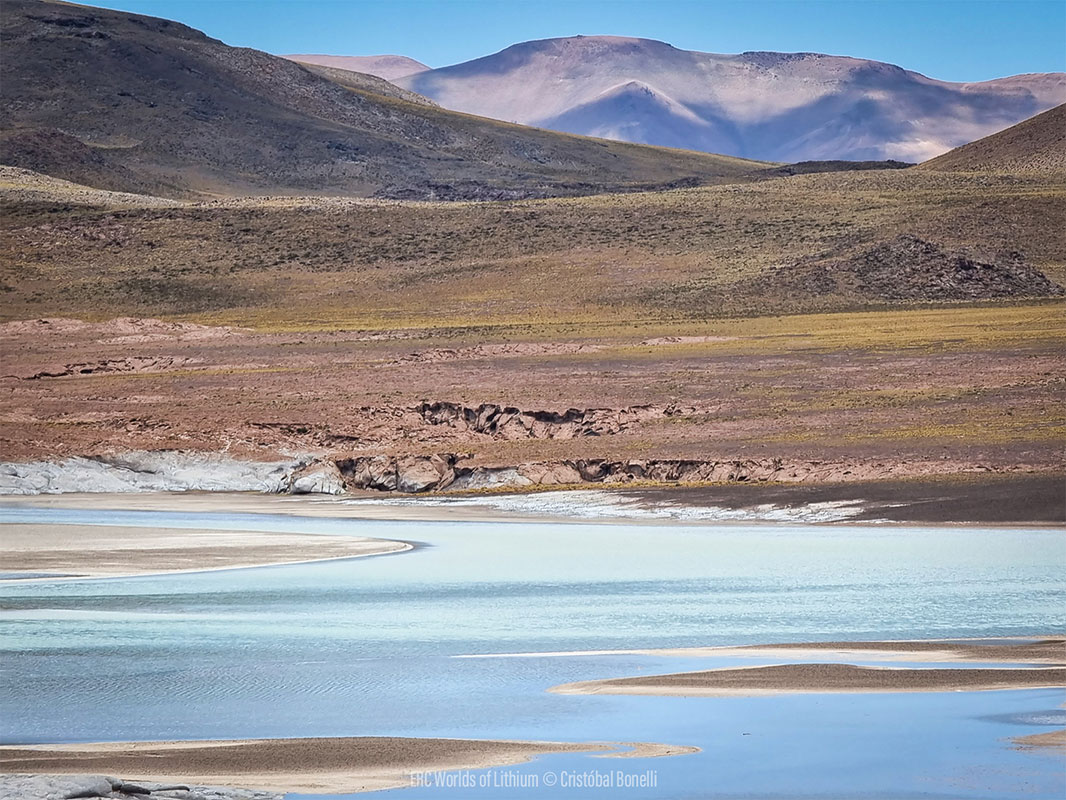
May 2, 2023

March 24, 2023

March 23, 2023

Cristobal Bonelli and Branwyn Poleykett organized the second session of the series of seminars ‘Action, Climate, Crisis: Anthropological tales in times of climate change’, which brings scholars working on climate and environmental crisis to Amsterdam to engage with UvA anthropologists.
The second seminar of the series was in charged by Professor Jennifer Gabrys, Chair in Media, Culture and Environment in the Department of Sociology at the University of Cambridge, and had Tina Harris and Martha Dietrich as discussants.
Gabrys’ talk entitled Atmospheric Citizens: How to Make Breathable Worlds built upon material from the book ‘Citizens of Worlds: Open-Air Toolkits for Environmental Struggle’, and discussed how atmospheric citizens are constituted through practices of sensing environments and working to build more breathable worlds. It described collaborations to monitor air pollution from fracking infrastructure, to document emissions in urban environments, and to create air-quality gardens. Professor Gabrys showed how people respond to, care for, and struggle to transform environmental conditions informs the political subjects and collectives they become as they strive for more breathable worlds.
...March 23, 2023

November 29, 2022

The ERC Worlds of Lithium team held a closed workshop with Dr Martina Gamba (CONICET) to learn more about her knowledge and experience as a researcher on the physics and chemistry of lithium-ion batteries.
...November 28, 2022

November 28, 2022

Dr Cristóbal Bonelli gave keynote lecture at the Netherlands Graduate Research School of Science, Technology and Modern Culture (WTMC) on 9 November 2022. Dr Bonelli’s presentation was titled “A Chemical Dramaturgy of Lithium: Learning from Metamorphic Worlds” and was prepared together with Dr Martina Gamba (CONICET).
...November 9, 2022

November 7, 2022

November 7, 2022

September 22, 2022
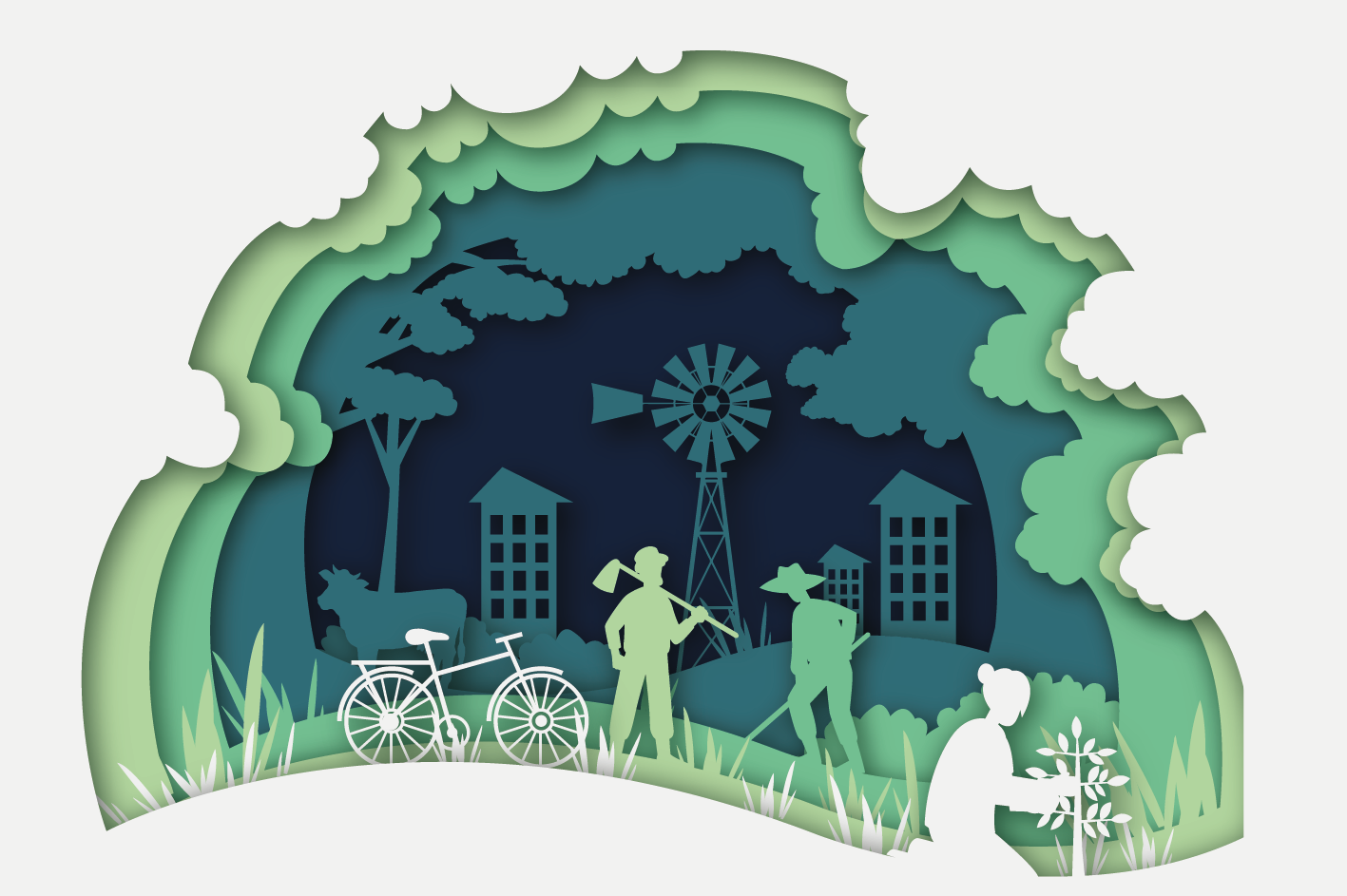
September 8, 2022

August 10, 2022

August 8, 2022

July 27, 2022

Dr Pablo Ampuero-Ruiz co-convened with Jonas Köppel (The Graduate Institute of Geneva) the panel “Uncommon Explorations between Green Technologies, Climate Hopes, and the Anthropological Imagination” at the EASA 2022 Conference in Belfast, Northern Ireland. Both sessions of the panel were chaired by Dr Cristóbal Bonelli, PI of Worlds of Lithium. The papers authored by Dr Marina Weinberg, Zane Datava (NUST) and Anna-Sophie Hobi (Norwegian University of Life Sciences), and Dr Diane Ayeh (Heimholtz Centre for Environmental Research, UFZ) were discussed by Dr Simone Abram (Durham University). In the second session, Dr Horacio Ortiz (CNRS & ECNU) discussed papers by Dr Pauline Destrée (Durham University), Daniela Soto (University of Sussex), Kārlis Lakševics (Wageningen University & Research), and Dr Selina Gallo-Cruz (Syracuse University).
Recordings of first and second session are available through our YouTube channel.
...July 27, 2022

June 15, 2022

June 15, 2022

June 15, 2022

May 24, 2022

May 5, 2022

April 11, 2022

February 24, 2022

January 15, 2022

This scholarly collective explores the multiple analytical and empirical capacities that chemical philosophy and chemistry practice afford when thought materially and metaphorically. Our scholarly collective seeks to tap chemistry—the science of transformation—and its historically shifting methods as inspiration for thinking the unstable materializations of our world. It asks: what capacities and modalities emerge when we think of the chemical and chemical process as substantively, semiotically, and/or poetically agentive of processes far beyond the molecular? Our scholarly commitment to engage with chemistry is not because we deem it the purveyor of truths or the real. Rather, it is to embark on a speculative experiment: how might imaginative appropriation of chemistry’s transfiguring methods engender innovative ways for thinking turbulent sociomaterial relations? Broadly speaking, the residency would have two aims. First, it will develop ways to conceptualize the material beyond surface or shape, and attend to the cataclysmic and transformative chemistries (both literal and metaphoric) that constitute matters of concern in our worlds. Second, it will consider the affordances that thinking with chemistry extends—an affective and valanced grammar that (rather than denunciatory, deconstructive, or agnostic) suspends a processual ethic, and aesthetic, for navigating a world composed of complex relations.
Collaborators include: Suzana Sawyer (Associate Professor, Anthropology, UC Davis), Andrew Barry (Professor, Geography, University College London), Cristobal Bonelli (Associate Professor, Anthropology, University of Amsterdam), Stefanie Graeter (Assistant Professor, Latin American Studies, University of Arizona), Evan Heplers-Smith (Assistant Professor, History, Duke University), Melody Jue (Associate Professor, English, UC Santa Barbara), Dimitris Papadopoulos (Professor, Science, Technology and Society, University of Nottingham), Maria Puig de la Bellacasa’s (Associate Professor, Center for Interdisciplinary Methodologies, University of Warwick), Doug Rogers (Professor, Anthropology, Yale University), Nicholas Shapiro (Assistant Professor, Society and Genetics, UCLA), Jerry Zee (Assistant Professor, Anthropology & High Meadows Environmental Institute, Princeton), Marisol de la Cadena (Professor, Anthropology, UC Davis) and Cori Hayden (Professor, Anthropology, UC Berkeley).
Link
...January 14, 2022

December 17, 2021

December 14, 2021

December 2, 2021

December 1, 2021

November 24, 2021

November 5, 2021

October 25, 2021

The seminar series “Diálogos de Litio: S.O.S.tenibilidad y Extractivismo en el desierto de Atacama” presented an opportunity for public dialogues with relevant scholars, local leaders, and scholars of varied expertise around the problems and challenges associated with the extractivism of lithium in the Atacama desert. A total of seven sessions took part between March and September 2021, providing novel and multi-layered analyses about the dynamics, complexities, and the social and material transformations unfolding in the places where lithium is extracted.
For the coming years, the series will explore other territories in transformation in Norway and China. Finally, in the course of 2024, it expects to provide an interregional and intercontinental discussion that responds to the challenges of rethinking the S.O.S.tenibilidad, and stimulate a collaborative conversation between experts from different countries. Go to DIALOGUES on this webpage to see the full agenda.
...September 24, 2021

September 23, 2021

November 28, 2020

November 28, 2020

September 17, 2020

March 5, 2020
The research questions
How does lithium connect, and disruptively transform, the landscapes and societies where lithium is extracted, turned into battery technology, used and potentially recycled?
How do processes of lithium extraction, battery production, and battery recycling relate to each other and what might this mean for energy policy?

The sites for these studies are Chile, the largest lithium producer in the world; China, the world leader in lithium-ion battery production, and Norway, a country with the highest levels of electric vehicle adoption.
Instead of simply following lithium along these sites, as if they formed a global-lineal chain, we will instead explore their interconnection, asking how production in China affects extraction in Chile and use in Norway, or how recycling lithium innovation in Norway will curb demand for lithium in Chile, or re-inform battery production in China.
Bonelli, C. & Pavez, A (2025). Sonambulismo verde: minería, entropía y los límites de la sostenibilidad en el norte de Chile. Antípoda: Revista de Antropología y Arqueología, (60).
Bonelli, C. & Pavez, A. (2025). White Mining’s Green Dream: Entropy and the mirage of sustainability in Northern Chile. The Extractive Industries and Society, 23, 101683.
Gamba, M. & Bonelli, C. (2025). Explorando metaquímicas del litio: Historia, ciencia y futuro desde Salares Andinos a laboratorios de materiales. Estudios Atacameños.
Bonelli. C., Figueroa, V., Weinberg, M., Galaz-Mandakovic, D., Hetch, G. (forthcoming). Carbon Omissions: Toward a Toxic Stratigraphy of Tocopilla, Northern Chile. Chapter in the book Chemical Exposures: Toxicity in the Anthropocene edited by Andrew Barry, Sahra Gibbon, Emilie Glazer. UCL
Bonelli, C (2025) Gardens at the Edge of the Falling Sky: Toward an Entropological Pact, Chapter in the book Southern Anthropocenes, edited by Casper Bruun Jensen, Routledge.
Bonelli, C., & Gamba, M. (2024). Underground Roots for Ancestral Futures: Exploring Lithium Through an Experimental Alliance between Chemistry and Anthropology. Science, Technology, & Human Values, 0(0). https://doi.org/10.1177/01622439241278377 https://www.academia.edu/123623773/Underground_Roots_for_Ancestral_Futures...
Bonelli, C. Galaz-Mandakovic, D., Weinberg, M., Figueroa, V., & Hecht G. (2024). Cenizas del Antropoceno: omisiones de carbón y estratigrafía tóxica en Tocopilla (Chile). Revista Colombiana De Antropología, 60(3), e2710. https://doi.org/10.22380/2539472X.2710 https://www.academia.edu/123527842/Cenizas_del_Antropoceno_omisiones...
Weinberg, Marina, and Valentina Figueroa. 2023. “Politics of Mining: Toxic Heritage in the Atacama Desert.” In Toxic Heritage: Legacies, Futures, and Environmental Injustice, edited by Elizabeth Kryder-Reid, and Sarah May. London: Routledge. ISBN: 978103242999; 9781032429977; 9781003365259 https://www.taylorfrancis.com/chapters/oa-edit/10.4324/9781003365259-13/politics-mining-toxic-heritage-atacama-desert-marina-weinberg-valentina-figueroa
Bonelli, Cristóbal, Marina Weinberg, and Pablo Ampuero. 2022. “El Litio, Un (Des)Estabilizador de Transiciones Bipolares.” LASA Forum 53 (1): 37–43. https://forum.lasaweb.org/files/vol53-issue1/Dossier-6.pdf. Traslated into French as Le lithium, un (dé)stabilisateur des transitions bipolaires https://lestempsquirestent.
7th Lithium Dialogues. S.O.S.tanibility and Extractivism in the Atacama desertSeventh Session
6th Lithium Dialogues. S.O.S.tanibility and Extractivism in the Atacama desert Sixth Session
5th Session- Lithium Dialogues. S.O.S.tanibility and Extractivism in the Atacama desert
5to Encuentro - Diálogos de litio: S.O.S.tenibilidad y Extractivismo en el desierto de Atacama
4rd Session- Lithium Dialogues. S.O.S.tanibility and Extractivism in the Atacama desert
3rd Session - Lithium Dialogues. S.O.S.tanibility and Extractivism in the Atacama desert
2nd Session - Lithium Dialogues. S.O.S.tanibility and Extractivism in the Atacama desert
1st Session - Lithium Dialogues: S.O.S.tainability and Extractivism in the Atacama Desert
China Powers, Session 3: The Driver of Electromobility in Chinese Worlds
China Powers, Session 2: China in the Global Circulation of Electromobility Technologies
China Powers, Session 1: China's Ecological Civilisation
Reducing emissions and omissions by reactivating common sense: the case of Lithium. Cristobal Bonelli
Lithium: a decarbonisation game-changer? Video prepared by the European Research Council based on an interview with Cristobal Bonelli
El triángulo del litio: inversiones de China en América del Sur
Sesión 8 Coloquio de Conflictos territoriales
EASA2022 P022a: Uncommon Explorations between Green Technologies, Climate Hopes, and the Anthropolog
EASA2022 P022b: Uncommon Explorations between Green Technologies, Climate Hopes, and the Anthropolog
SESION PRESIDENCIAL Mundos de Litio entre potencias, impotencias y nuevas fuerzas políticas
SESION PRESIDENCIAL: Mundos de Litio: entre potencias, impotencias y nuevas fuerzas políticas
Ciencia Abierta: Salares en peligro de extinción
Pablo Ampuero reflexiona sobre la industria del litio y la electromovilidad en China


